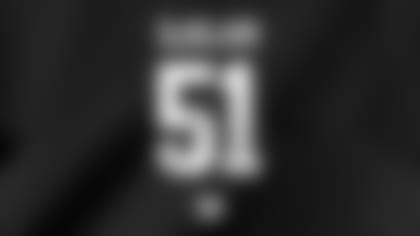SVP and General Manager Dave Gettleman, Director of College Scouting Chris Pettit
Opening Statement:
Gettleman: Good afternoon. I won't try to delay your lunch time too much with Chris. We just wrapped up two and a half weeks of draft meetings with the scouts and the coaches, of course, with their input. We're going to continue to study the players and we'll be ready to go a week from today. So, let the games begin.
Q: Dave, you've already been through one draft process with [Head Coach] Joe [Judge]. How involved is he in the evaluation process and what has he brought just to the entire draft process? Chris, what are some of the biggest things you've had to take going back to the last draft process? Was there anything you found beneficial that you might stick with when we get 'back to normal'?
Gettleman: He's very involved, he was very involved last year. I have this crazy idea that we should collaborate and this crazy idea that we should bring in players that fit coaches' schemes. This year was obviously different because you're touching each other, you're in the same spot, it's really helpful. The best part is the direction and him and his staff explaining the type of player they're looking for. Really and truly, at the end of the day, the biggest direction is with the linebackers, very frankly. Offensive linemen, defensive linemen, back end guys, front end guys, it's all the same. It's really the linebacker fit and the versatility we're looking for with certain players. You'd like to have a talented two-way go guy, a guy that can go and do a couple things. You turn around and you take a look at what [CB] Julian Love has developed into, where he's a corner, he's a safety, he's here, he's there. What it does is it gives the coordinator a lot of flexibility, so that's where that's at.
Pettit: Through the draft process, obviously the hardest part was not being on the road, being on campus with the players. You know, getting the Zoom background went well. The colleges were great about offering those to us, but it was different because you're in a room with 32 other clubs and so you maybe didn't get the intimate information you'd get on campus. I hope we don't do that next fall, I hope we're back on campus again. I think something that we'll take from it maybe is the ability to get with our scouts, use the Zoom piece to meet more in the fall some more as a group, but other than that I think getting back to normal business will benefit us.
Q: Chris, just to follow up on that, what were some of the challenges of trying to evaluate players who weren't on the field, guys who either opted out or their schools didn't play a full slate of games? How did you go into that and how did you come out of that? Was that hard, because some of these guys were teenagers the last time they played football? Dave, what's your take on Kyle Pitts? People talk about him as a unicorn and the best tight end that they've ever seen. What do you see from him?
Pettit: Well, with the opt-out guys specifically, we watched all of their film that they did play in '19 and going back, we went over it and over it again as much as possible because that was it, that was all we had. Really, it was sit back and wait and get them at their pro days – I mean, that was it, that was our opportunity, so we made it a point, myself especially, anyone that opted out I tried to get to that pro day to get my eyes on them. Some of these guys you watch as they come up, you know who they are, but that was it. You really just had to sit and wait on these opt-out guys. We weren't allowed to talk to them and we talk to everybody, and you just ask your sources and build your character piece throughout the fall like any other player. You've got to do a lot of projecting, that's what this business is. But you had the benefit of some showing up to the Senior Bowl, you got down there, got to see them work, see what shape they were in. Again, it's hard, some of these guys haven't had pads on in 20 months when we're going to get them and that's part of the piece that we're going to have to take into consideration.
Gettleman: He's a uniquely talented player. You can't characterize him as just a receiving tight end because you watch him block and he's got a lot of blocking grit, he's got some nice fundamentals down and he's certainly big enough. He's a different breed of cat, now. He's very talented.
Q: Dave, how do you view the opt-out guys? Are you more likely, if it's a tie, to go with somebody who didn't opt out of last season because there's fresher tape? How do you view them? Is there anything you can compare it to in your scouting career, to all these guys, dozens of guys who didn't play last year?
Gettleman: There's nothing I can compare this to. You know, you're almost with a handful of these guys, it's almost like the NBA one-and-done: they go to college for a year and now, bang, they're in the NBA. So, you have to do it on a case by case basis. Listen, they made a decision to opt out. Who am I to judge? Things haven't changed, it's what you do between the white lines that gives you your value as a player. Then, obviously you're judging the character piece as well. But, no, I don't have any preconceived notions. We've discussed amongst each other in the room the reason why a guy opted out. When I get on the Zoom calls – we're still in the interview process with the players, so I've been doing two guys a night, tomorrow I'll do six guys in the afternoon – and we ask them specifically, 'Tell me your story about the opt out. What's your journey like? Are you glad you did it?' You know, you go through that process, but again it's hard especially because there are guys that were 19 years old the last time they played football and oh, by the way, this will be 20 months from the last time they put pads on. You know how I talk about the underwear Olympics. The game is played in pads and it's played on a field. It's going to be interesting: some of the opt-out kids did a great job, showed up at their pro days and were outstanding, outstanding. And there were a few of the opt-out guys who showed up looking like me, so that wasn't really good for them. So you do it on a case by case basis. You look at the film and you make a decision on them.
Q: Chris, how many of these pro days were you able to have an in-person interview with a guy? Were some schools able to relax some of that? Were you able to actually talk face-to-face with guys at different schools? Also, another thing about the evaluations, injury data. I know there were some guys who didn't even get to Indianapolis like [Jaelan] Phillips from Miami, there are some Notre Dame guys. Are you still waiting on some injury data and evaluations on players or do you have all of that at your disposal at this moment? And Dave, are you trading up or trading back? What does the market look like for trades?
Pettit: No, the league did not allow us to do that, so that was a big chunk of our character-building piece that we didn't have this year. We weren't allowed to meet with them at the pro day, so it was just there observing. We met with all of these guys through Zooms beforehand. What we did was really leading up to the pro days, we kind of simulated what we would normally do at the Combine with our formal interviews. We did that with the coaching staff and the personnel staff, we Zoomed them, so that's where you really get the information and where I got to meet them. The injury data and evaluations part are done. [Head Athletic Trainer] Ronnie Barnes and his staff have done a great job gathering that information. Is it as thorough because you're not getting your hands on these guys. You know, you have 300-plus guys that normally go to the Combine, we had about 150 this year, so you're looking at about half the people our doctors don't have their hands on. We're all adapting to everything during this pandemic, so you're relying on phone calls and getting that information. But Ronnie and his staff have done that, so we have medical records on everybody going forward.
Gettleman: I'm going to involve you in the trade. You know, it's crazy. Quarterbacks are affecting it. Who knows? I don't think it's going to be any different than any other year in terms of the opportunities to trade up or trade back. It's about value, you know that. You go into the draft, you have an idea of who you'd like to take at that slot, what group of players, and if there's someone sitting there and you have an opportunity to trade up, you trade up. If you don't like what you're looking at and you feel the value is better at the back end of that round, you trade back. I really don't think it's going to be that different, to answer your question.
Q: I'm curious, how much do you factor into your decision when you're setting up your board the contracts of your current veterans? To use a specific example, looking at your offensive line, I think you have about four guys who are entering contract years and they may be re-signed, they may not be re-signed. So, when you set up your board do you take a look at that, factor that in and say, 'We've got to keep the pipeline fresh as far as offensive line depth,' or does that not matter when you ultimately put the board together? Also, I know you've said in the past that you can never have too many good players at a specific position. That said, can you have a situation or run into a situation where you have too many players at one spot, let's say cornerback, and then not enough at another spot? And then how do you kind of weigh and balance taking a cornerback here or do we take a player at a position where maybe you're a little thin?
Gettleman: You're always looking at that kind of stuff. So, just for an example, if you know you've got a guy that's contract is up and because of the financial aspect you decide you're not going to do it, then sure, you may draft a player to fill the need that you know you're going to have. So you absolutely take that into consideration. You take the contracts – people always talk about the draft guys obviously are cheaper labor, so to speak – so you're going to do that. That's part of the big picture look that you have to take when you're drafting. You have to look at what you've got, eventually who's going to go out the door and how do you replenish. I hope that answers your question. And you want to always take value and I think really and truly that just because you take a guy, there's no law against maybe flipping him or flipping the guy you already have on your roster, so it's an asset. You don't want to pass up good assets, you really don't.
Q: Dave, you talked a lot about playmakers this offseason, playmakers for offense. You got a few of them in free agency, [Wide Receiver] Kenny Golladay was obviously a big fish that you hooked. Is your receivers corps done? I know things are never done, I guess. When you look at the two Alabama receivers sitting there at 11, do you think your receiving corps needs more or did Golladay kind of satisfy that? Also, the two Alabama receivers, they're not the biggest guys. Does that concern you or if they can run by you, is it okay? Chris, the edge rusher guys, you know the [Washington Defensive End] Chase Young's or the [Browns Defensive End] Myles Garrett's, they don't seem to be there in this draft. The first two or three picks, they're going to be gone. How do you look at the edge rush situation? And at 11, can you kind of look over some of the warts on these guys or is 11 a little too rich for edge rushers this year?
Gettleman: No, you're always looking to upgrade every position, doesn't make a difference. Whether it's wide receiver, tackle, whatever. You're always looking to upgrade. I'm going to give the same response I just gave, frankly, it's about value and how you're building your team, what you're looking to do. You can never have too many good players at one position. And, you know, you evaluate the film and the college film suggests that they're very good players. There are plenty of smaller guys that have been very successful in this league just like there are plenty of huge guys that have been successful and everyone in the middle.
Pettit: I wouldn't say it's too rich for edge rushers. Edge rushers are how you win. You win with guys that rush the passer. Where they are on the board, we'll see how it shakes out, there are a lot of factors to it, but I wouldn't say there aren't guys available.
Q: Dave, at number 11, do you envision getting a guy who will contribute right away? Chris, when you talk about hard-to-get-to-know guys, it's inconceivable to me that you could not meet these guys face-to-face. That's a question and topic for probably a different time in our lives, but are you confident you know these guys well enough?
Gettleman: That's an interesting question. Yes. The cliff notes answer on it is 'yes'. It's really hard to take a guy at 11 that you're betting on the potential, he's got all the PQ's. You know what it comes down to? I look at it this way, I'm a Celtics fan – don't be angry – but I'm a Boston Celtics fan. A couple years ago, the Celtics drafted Robert Williams out of (Texas A&M). He was a one-and-done guy with all kinds of potential. Well, now it's year three and he's finally starting to play to his abilities, okay? In the NFL, I've got to be really cognizant of the coaches. They're under the pressure to win all the time. Every Sunday is a referendum on their skills as coaches and you've got to be really careful when you start taking guys that high that you love the physical skills and the potential, but how long is it going to take for it to show on the field? So that's kind of the balance I have to get to, to answer your question.
Pettit: Yeah, I am and that's due to the work of our staff, the scouting staff and coaching staff. I mean, we've done endless amounts of Zooms. The league allows you five Zooms, but that's just a Zoom. We've talked to these guys all season when we can, when we're allowed to in scouting season, but it's every day. The scouts have been awesome, they've been working the phone lines just to get to know them, so we can sit there and really, truly know him. And then also, our coaches are doing it, but we have been reaching out to the college coaches as well, going back and being thorough. So, I've gotten to the point where I feel like we do know these guys as we would in a normal year. Do we have the physical contact with them that we'd like? No, so I'm trusting that our staff has really worked hard enough to get that where we feel like we know them.
Q: Chris, jumping off that a little bit, you obviously have a lot of coaching staff members that have ties to a lot of these big-time college programs. Especially in a year like this when you have guys that have opted out and all the uniqueness of this situation, how valuable has that been to kind of get insight from someone like [Defensive Line Coach] Sean Spencer on Penn State or [Senior Defensive Assistant] Jeremy Pruitt on Tennessee, stuff like that?
Gettleman: Very helpful. And they've known these guys. They've touched these guys, which we unfortunately haven't been able to do as much, so it's quite helpful.
Pettit: We go back when some of these guys were recruited, they may not have gone to certain colleges, but these guys recruited them, so they give us another look and another view when they were in high school in the recruiting process. But, again, the scouts also can work the coaches from another angle, so you get all different opinions and we finally get to a group decision.
Q: Dave, the projection that a lot of people are making and you're probably making them inside your own war room is that there's going to be a bunch of quarterbacks that go early in this draft. What does that mean for you guys with the kind of player you expect to get at pick 11? And have you seen your pick be potentially more valuable at 11 than it would in a normal year in regards to people calling you and trading and that kind of stuff as a result? Chris, what do you think of that edge rusher group as a whole?
Gettleman: The more quarterbacks that go, the more players it pushes to us. It's obviously helpful. Frankly, I'd like to see 10 quarterbacks go in front of us, but basically the more quarterbacks that go, the better it is for us. And it's possible, yes.
Pettit: I think it's a good group, I do. It's a good group. There's a bunch of them, there's different ones, different types, which we like, there's ones that fit our system, so I think it's a good group. I think it's obviously an important position that we look to fill every year, not this year over any other year. We're going through it and hopefully if we decide to address that and one's there at a certain time and he fits what we do, we take him.
Q: Hey guys, going back a little to the opt-out question, but also just how difficult it is, the challenges you guys have faced in the evaluation this year, is it position specific? Do you feel more comfortable or confident that you can get a better read on an opt-out at a different position when you compare an offensive lineman versus a wide receiver or a linebacker? Does that factor in as well for you guys? Do you have to treat it almost like a player by player, position by position thing or is it really a broad stroke?
Gettleman: You know, I think it's a broad stroke, I really do. Listen, a wide receiver opts out, he can get a JUGS machine. An offensive lineman opts out, I'm not so sure, it's different. The broader question for me is what did he do and, for us, right now what kind of a college career did he have? And the next piece is what did he do while things were going on and he wasn't playing? And what does he do at his pro day? So you've got kind of three pieces to it and it's really a broader question. I don't think it's necessarily position specific.
Q: Dave, is having only six picks just simply a fact of life or did you address that in free agency or does it put more pressure on you in the draft or what? And would you be influenced to make a deal to get more?
Gettleman: No, I'm very comfortable with the six picks. We don't have the fifth-rounder, we got this guy [DL] Leo Williams instead and the seventh-rounder was like [DB] Ike Yiadom, who's on our roster and we got him, so that's where they went. We moved [Cardinals LB] Markus Golden to get an extra sixth. I'm fine with the number of picks we have in this draft. Going in, you don't know what's going to happen, so I'm fine with the six and it's okay with me. And, again, it depends upon the deal. It depends upon the deal.
Q: Dave, something that gets attention around this time of year is your history of not trading down. Your predecessor in this job never did it. What do you think the reason is for that either from your standpoint or the organization's? And how unusual is a circumstance where you have three division teams drafting right in a row like this and how does that affect either the trade landscape or the need for subterfuge?
Gettleman: You know, you guys don't believe me. Meanwhile, [Daniel] Jeremiah had a great line: 'NASCAR will have right turns before DG trades back.' Hell of a line, had a good laugh. I've tried in the past. Honest, I've tried to trade back, but it's got to be value. I'm not getting fleeced. I refuse to do it. If somebody wants to make a bad trade back, God bless them. But we've had opportunities, I've tried. You have to understand the other piece of this is sometimes you have a trade and the guy that the team is trading up for gets picked in front of you. We've had that happen to us. We've got a trade, we've got a trade. So-and-so selects, no trade. 'Dave, good bye,' and they hang the phone up on me. So that's happened, too. It's almost becoming an urban myth. I've tried, I really have. And it is what it is. We're all drafting around each other – we're probably not going to trade with each other – but we're all drafting around. I worry about us. My concern is the New York Football Giants, that's what I'm concerned about. I talked to the guys and gal all the time, I talk to everybody all the time, you construct your team to beat the best team you are going to play. That's the goal, that's what we're trying to do here and if we do that, we'll be fine.
View photos of the New York Giants' active 53-man roster as it currently stands.
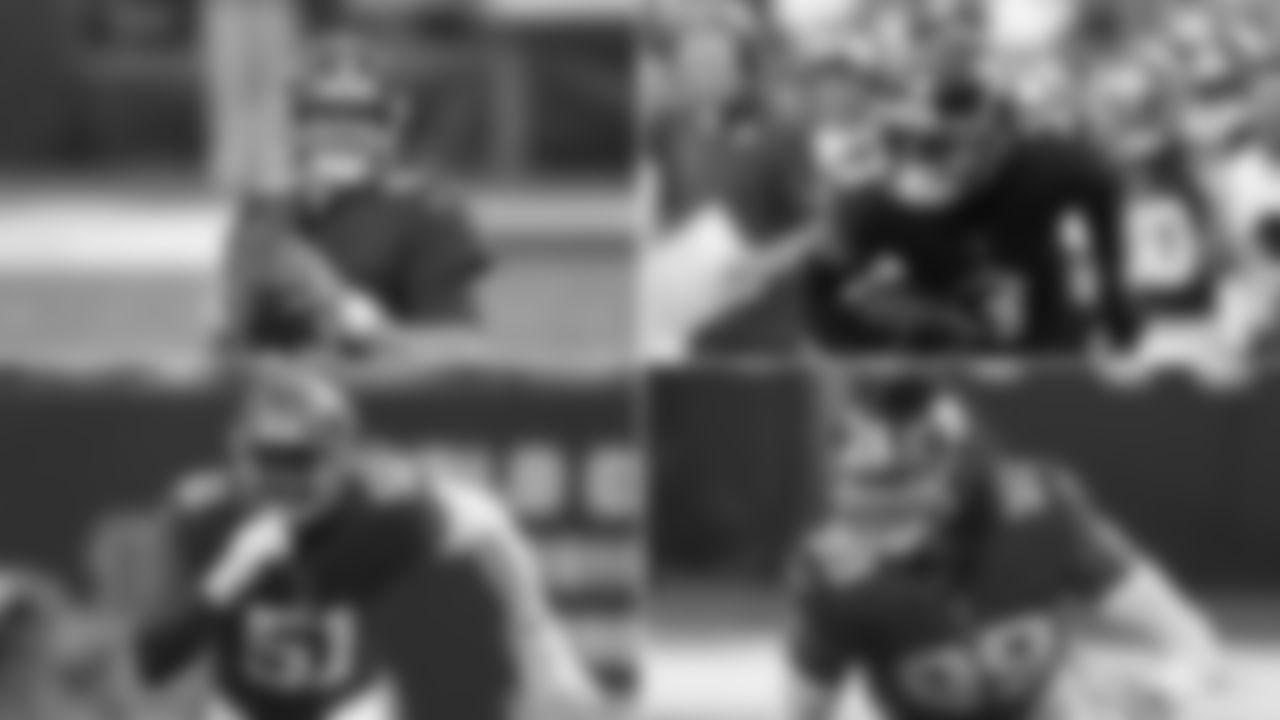
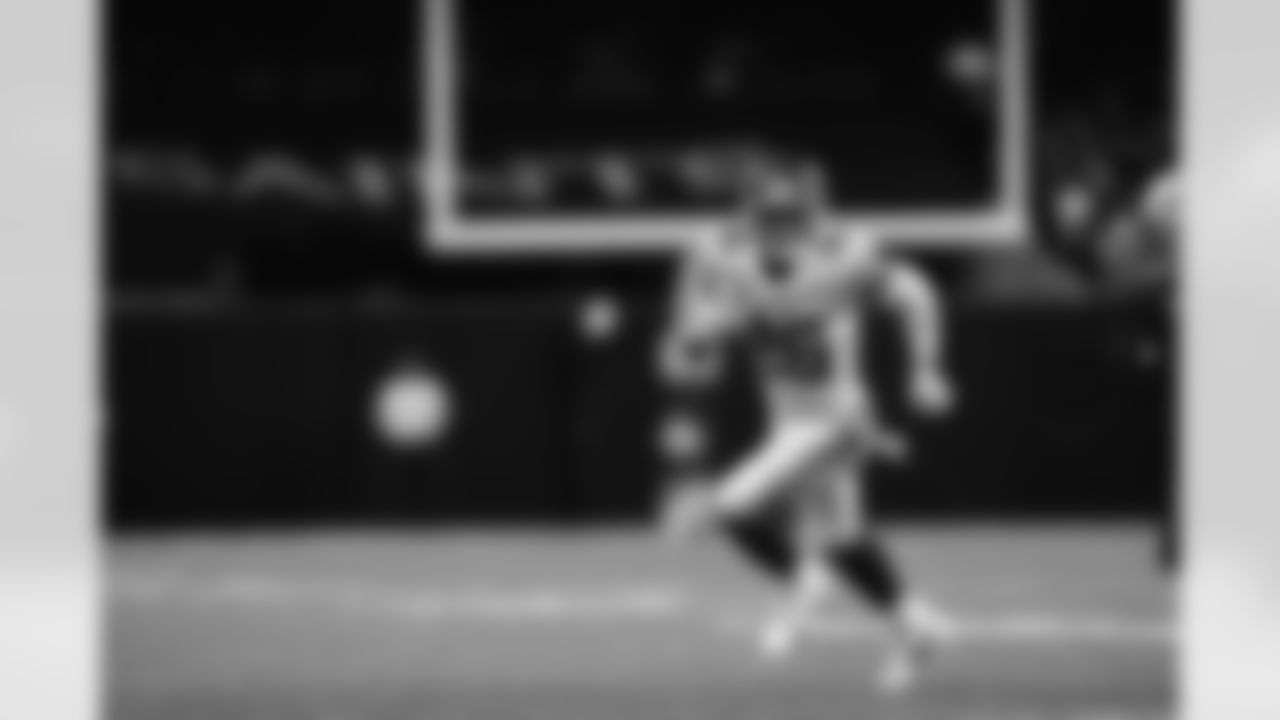
RB Saquon Barkley
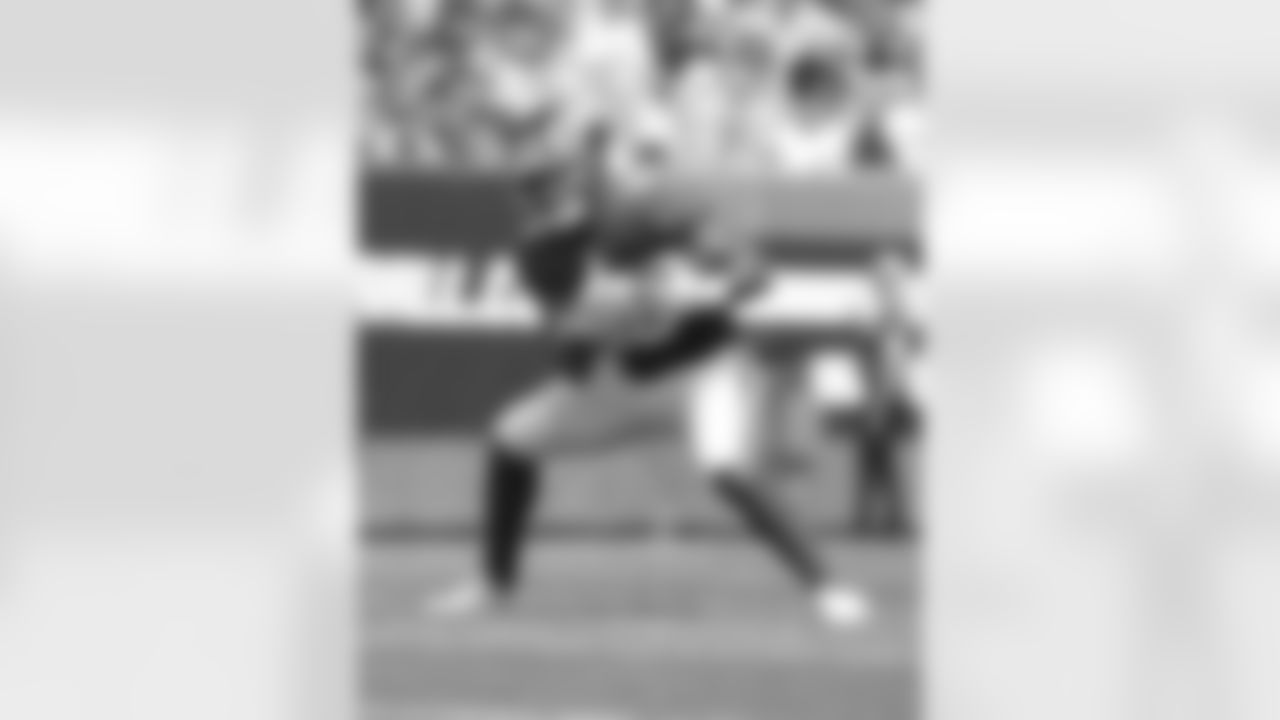
RB Devontae Booker
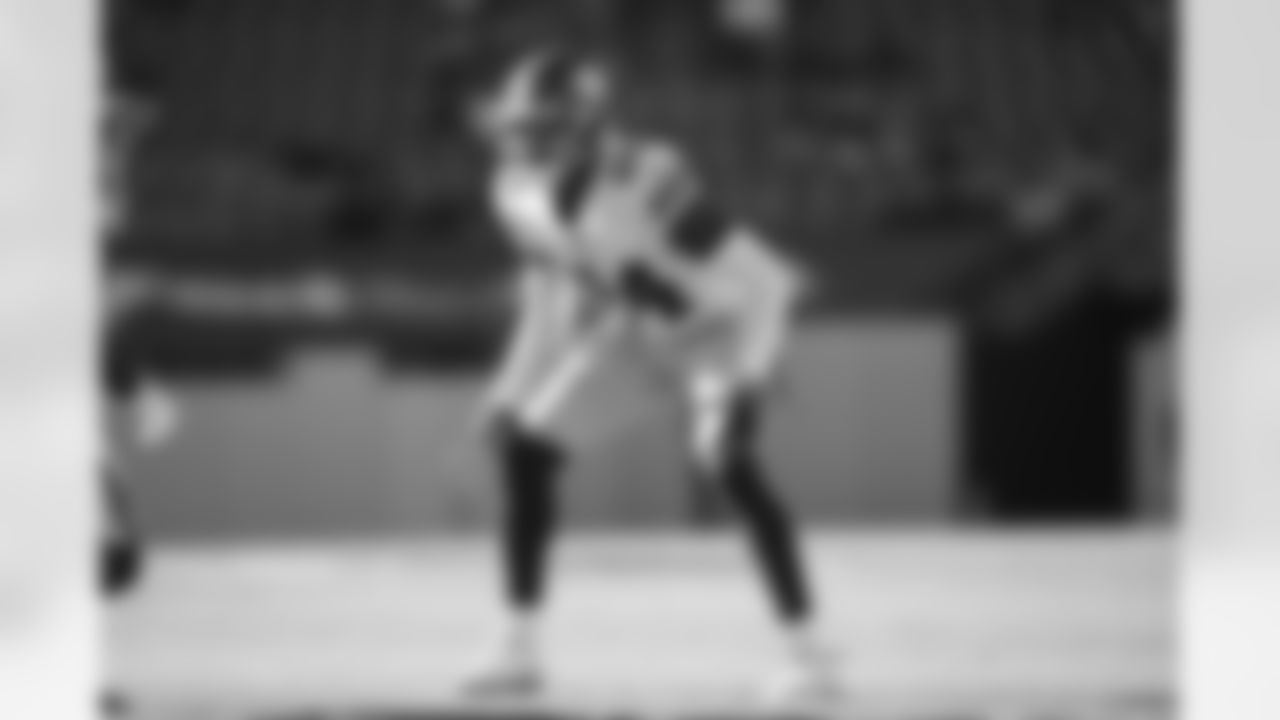
CB James Bradberry
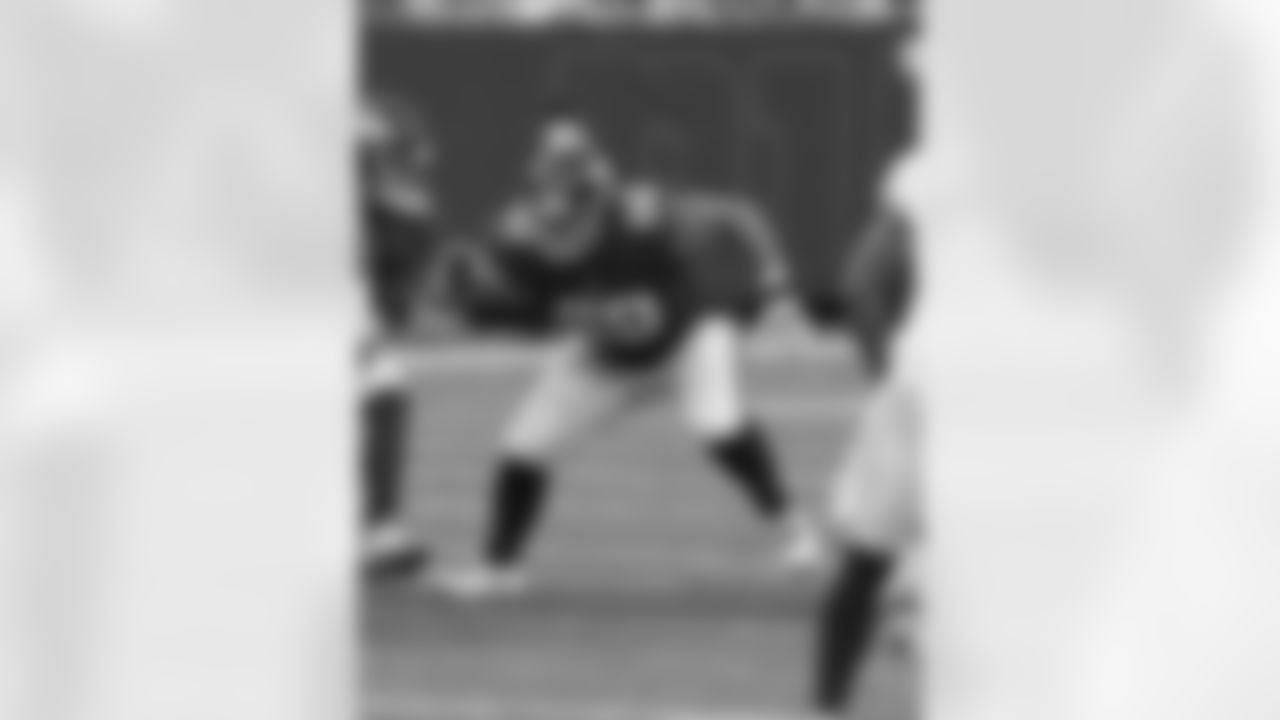
G Ben Bredeson
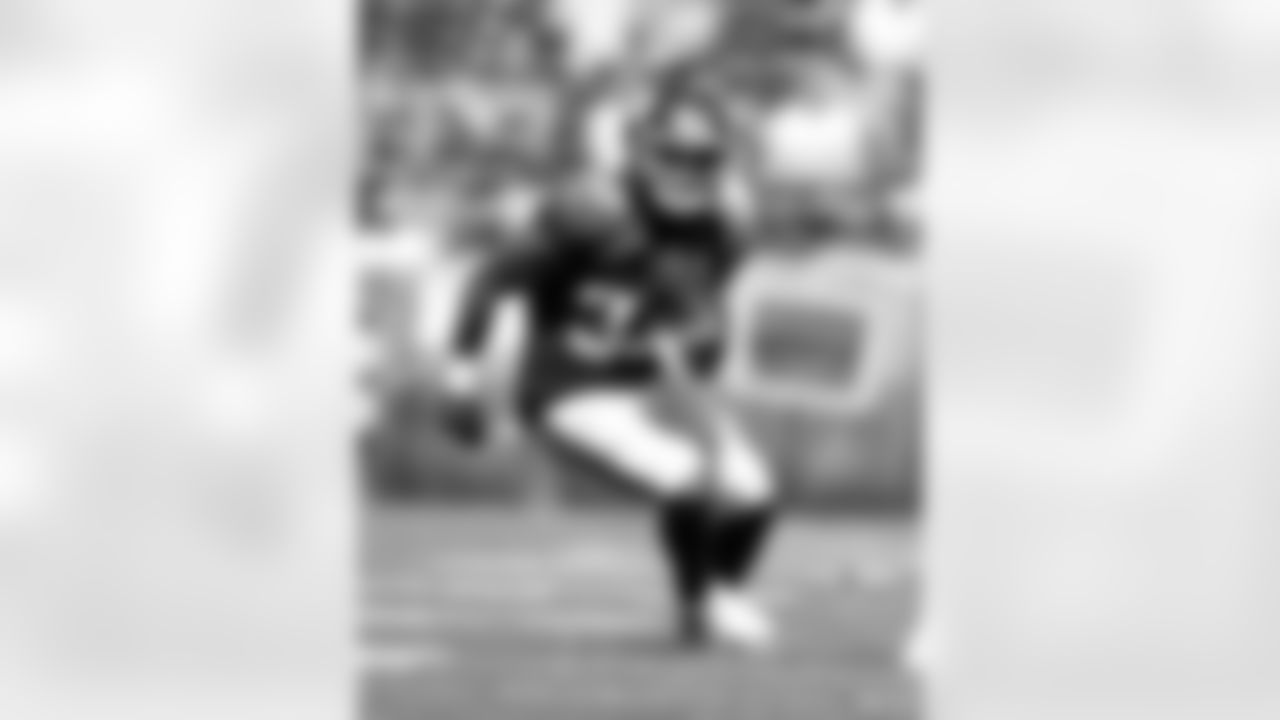
RB Gary Brightwell
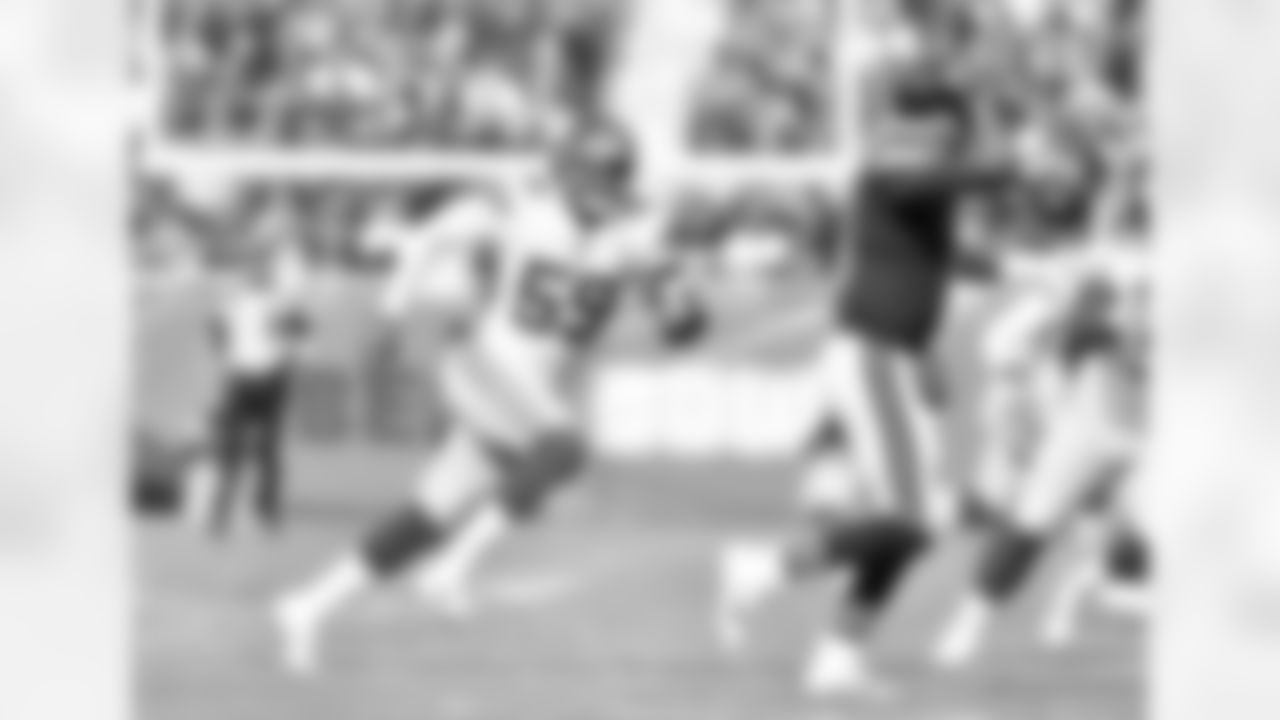
LB Lorenzo Carter
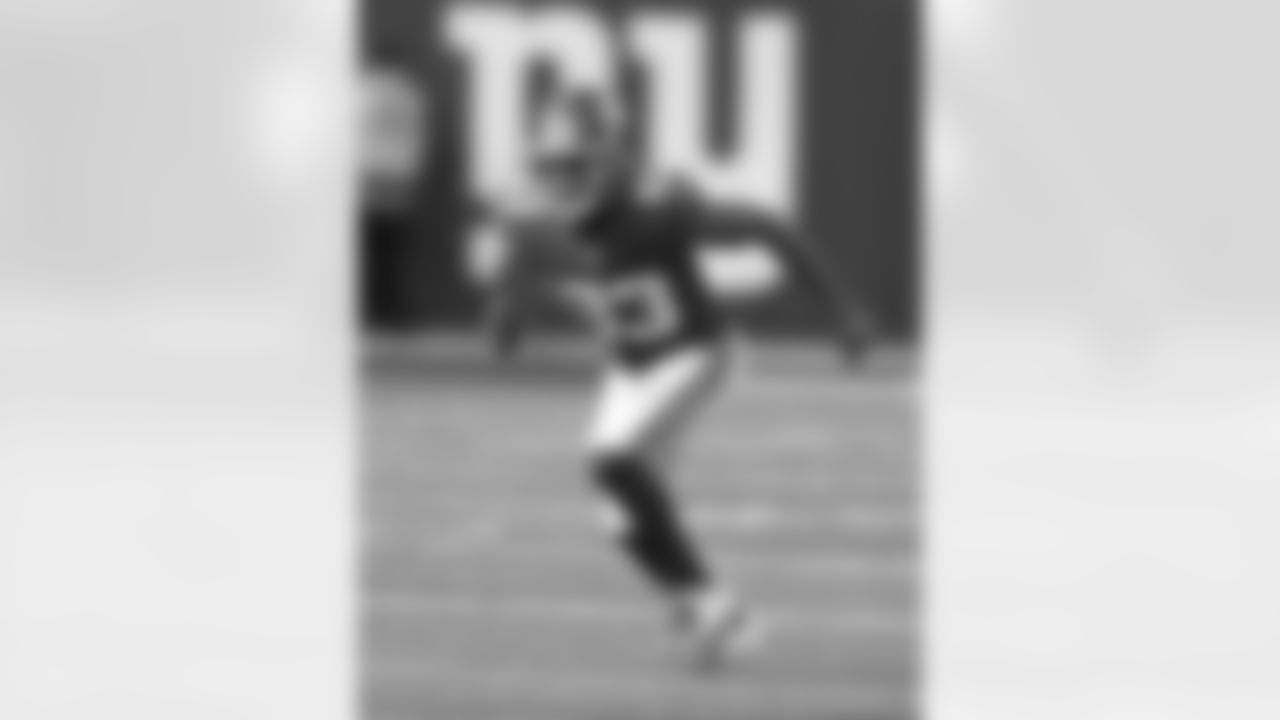
WR Pharoh Cooper
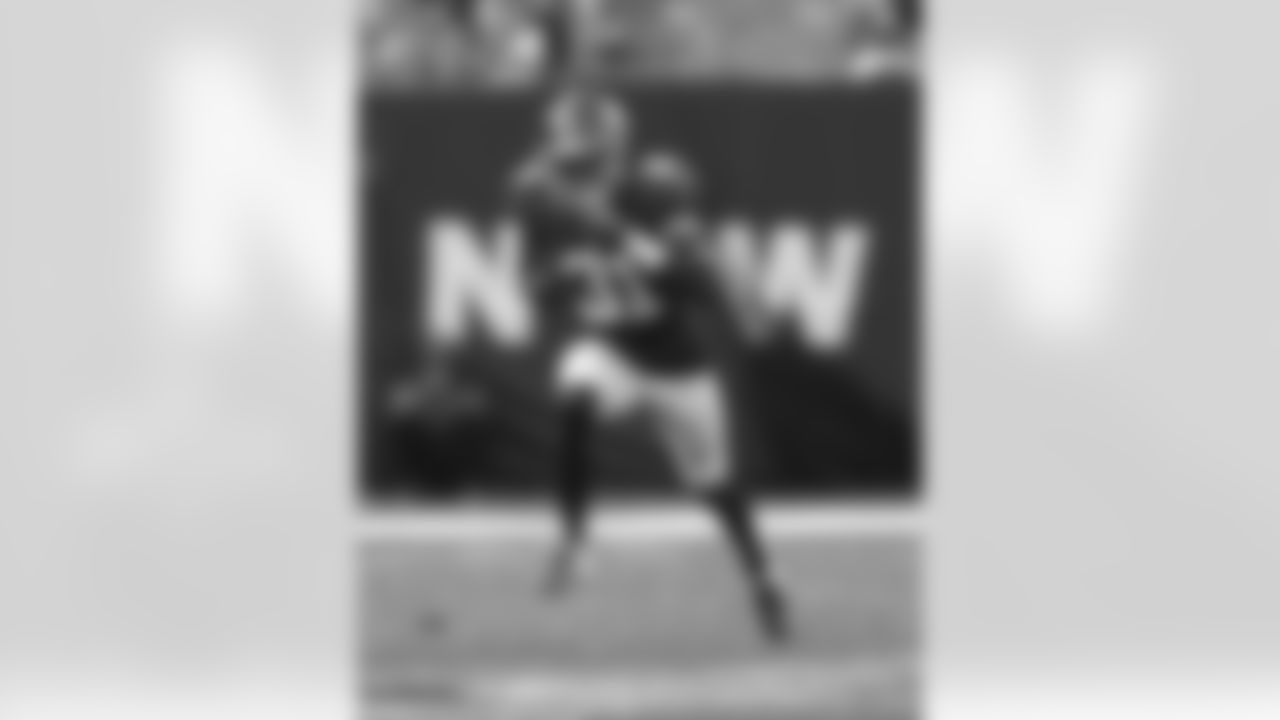
DB Keon Crossen
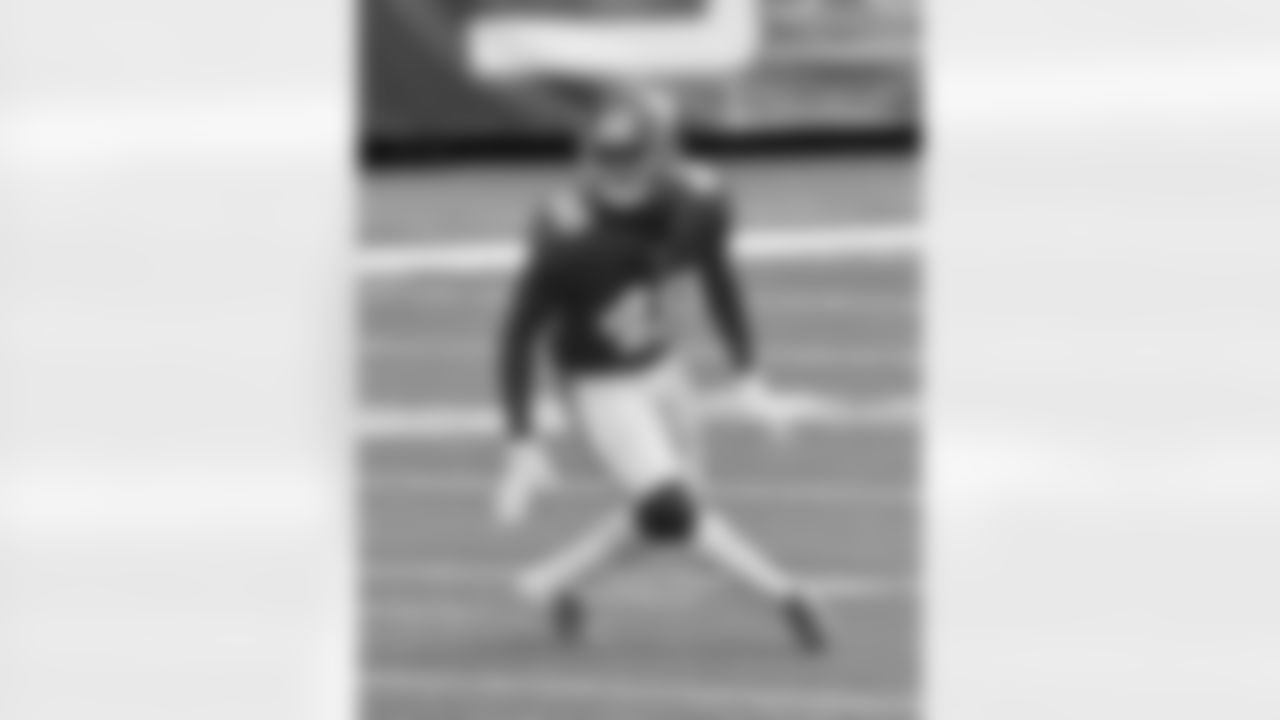
LB Tae Crowder
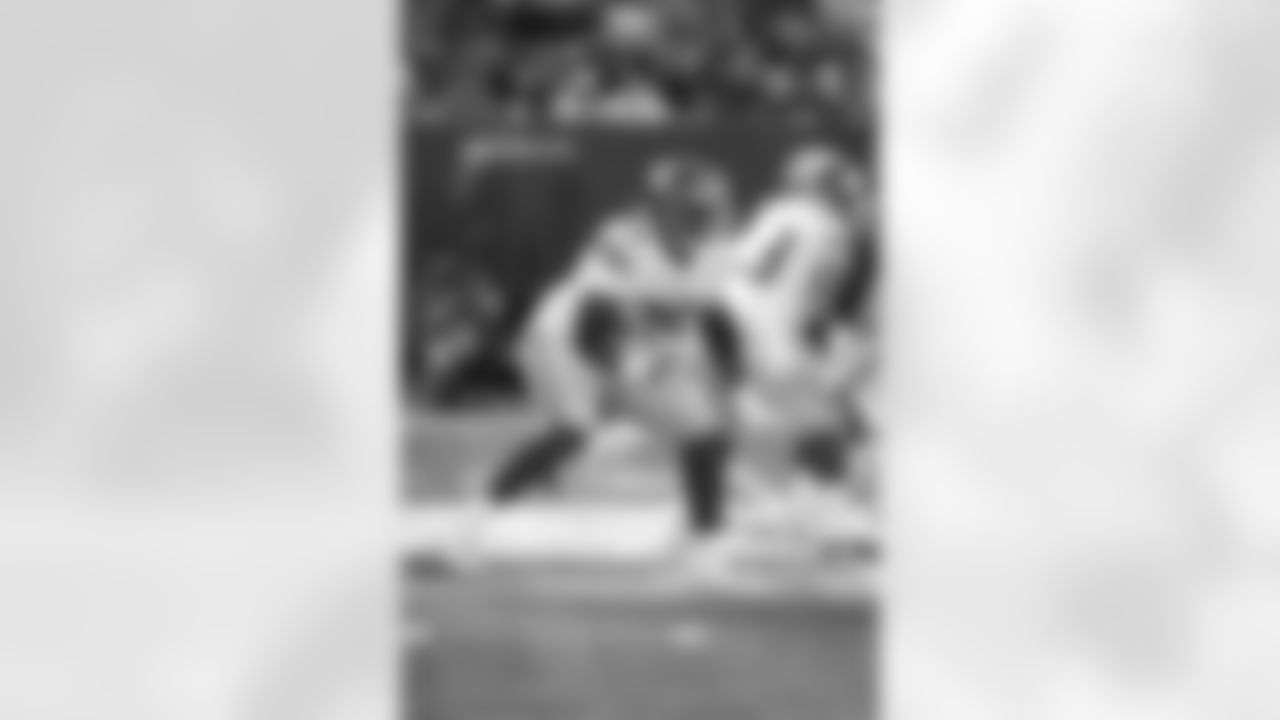
OT Korey Cunningham
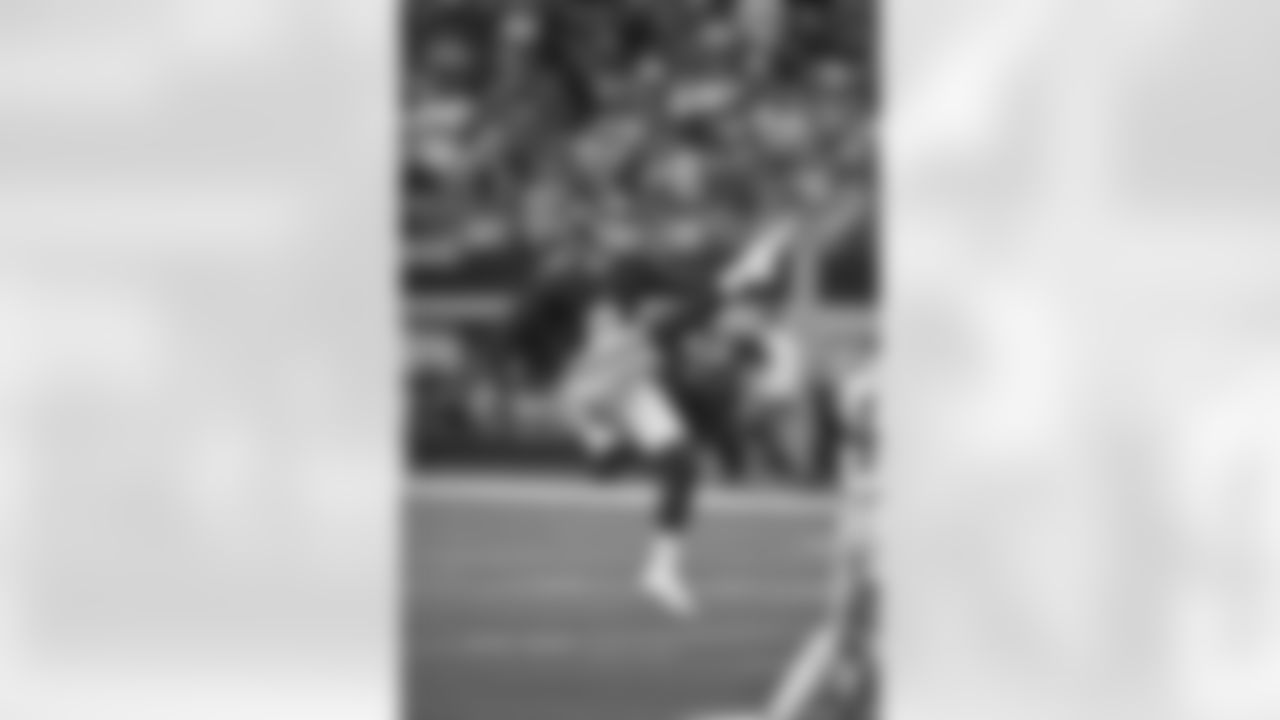
P Riley Dixon
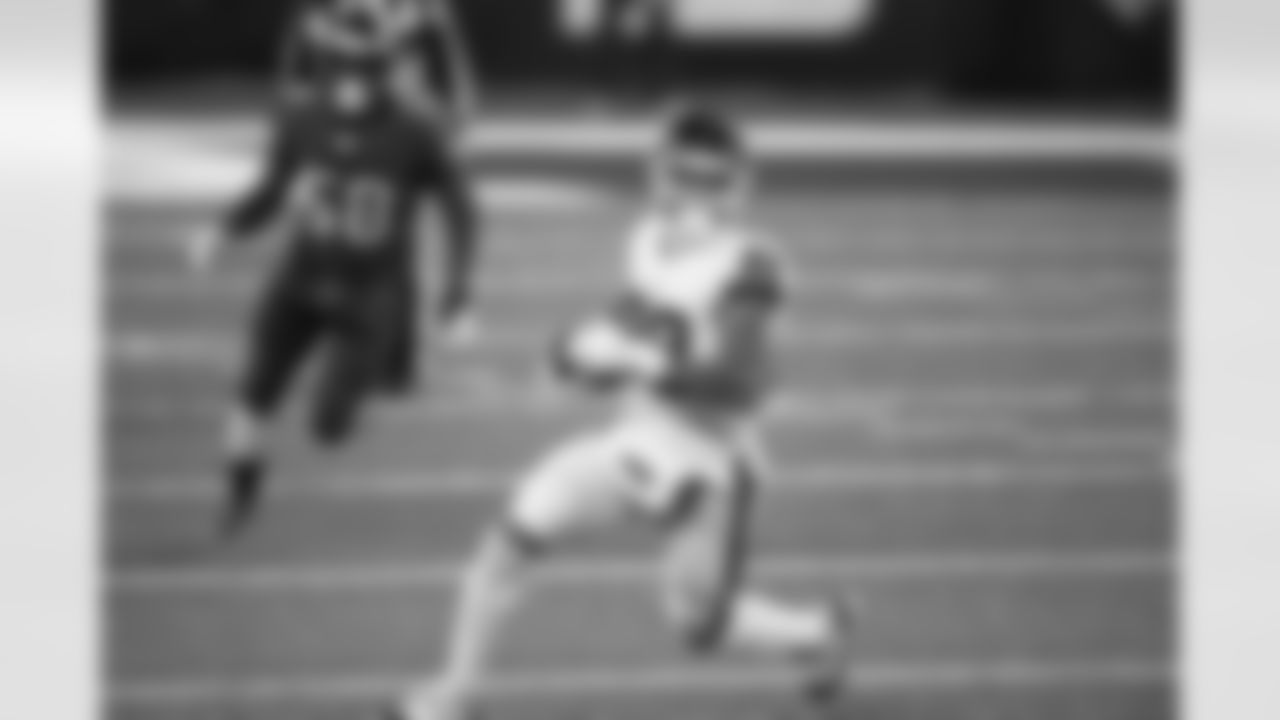
TE Evan Engram
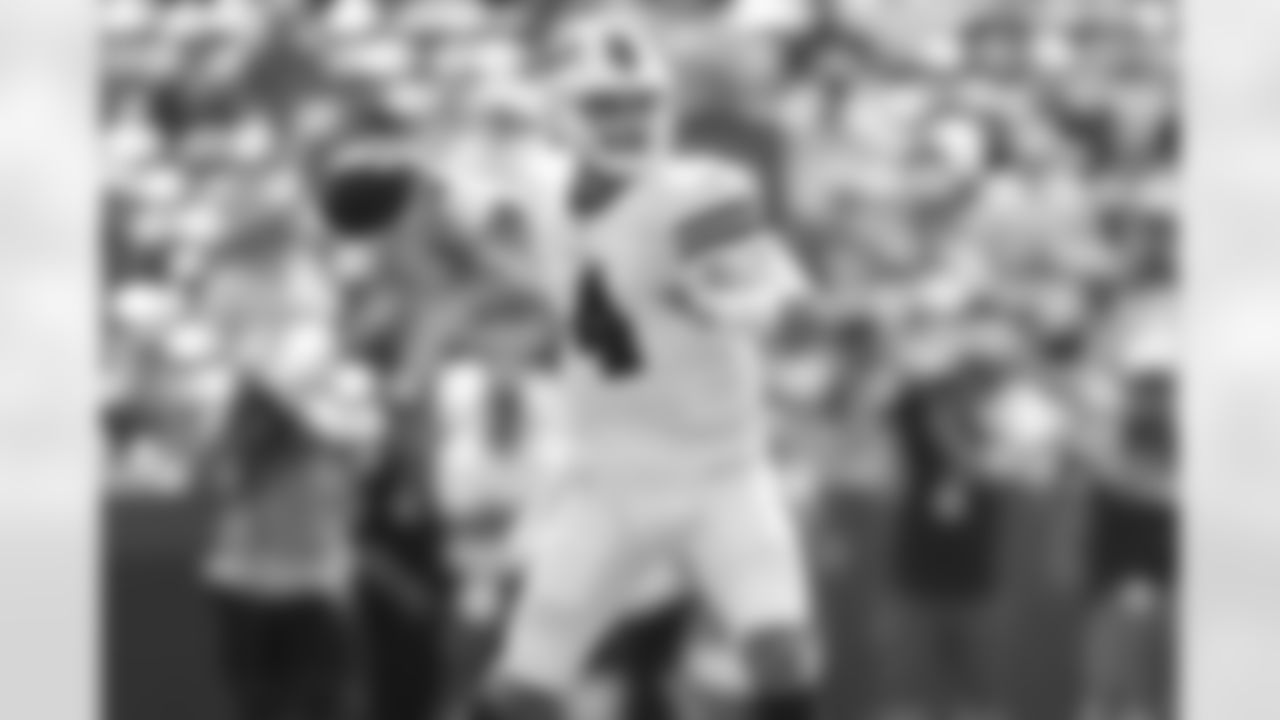
QB Jake Fromm
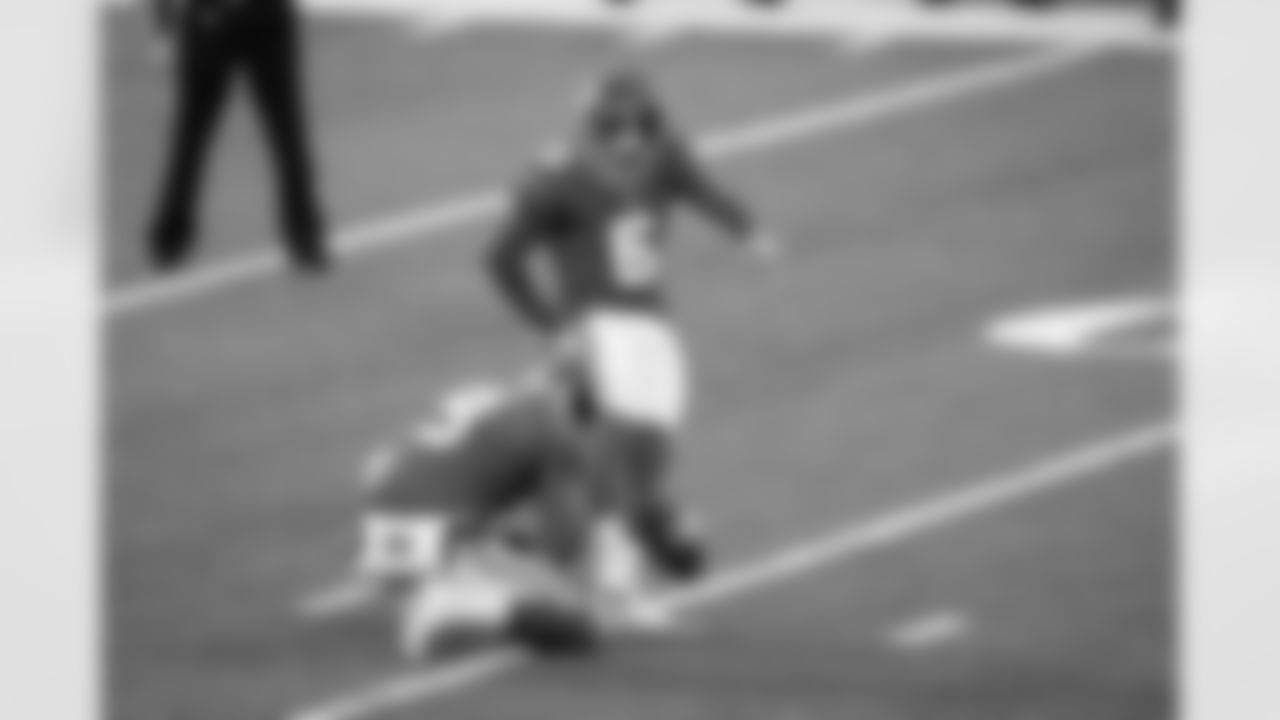
K Graham Gano
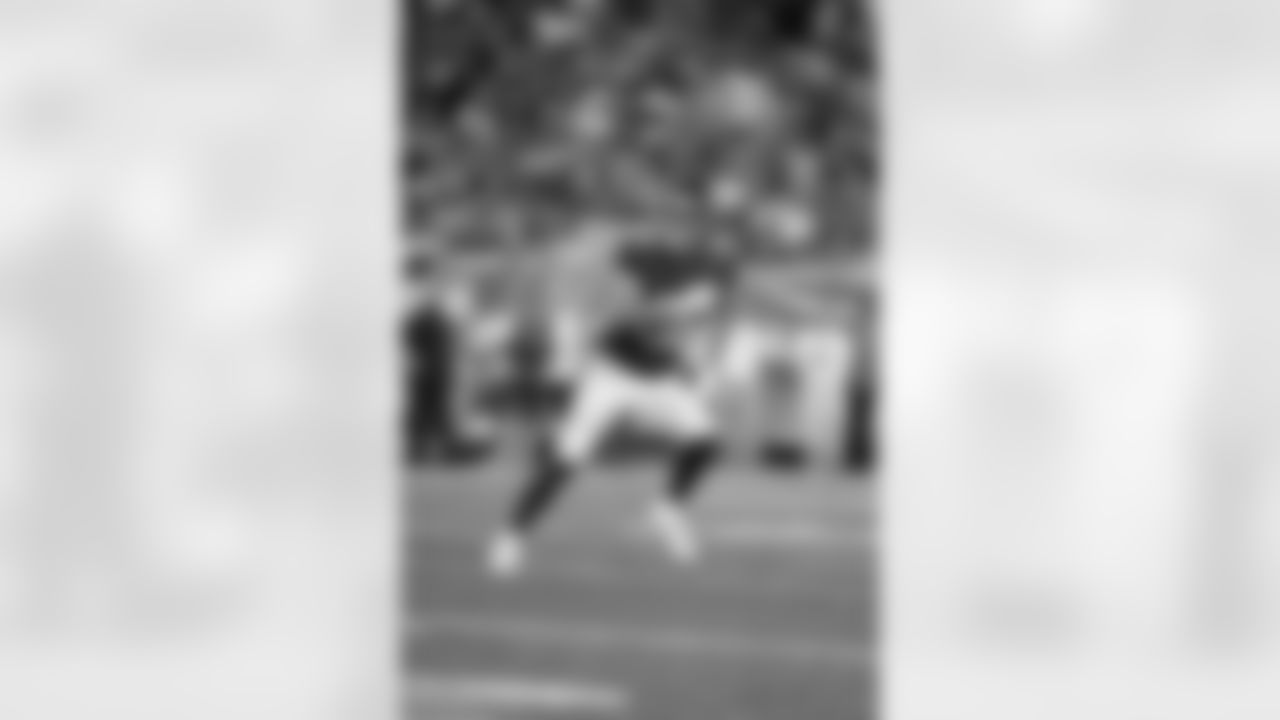
FB Cullen Gillaspia
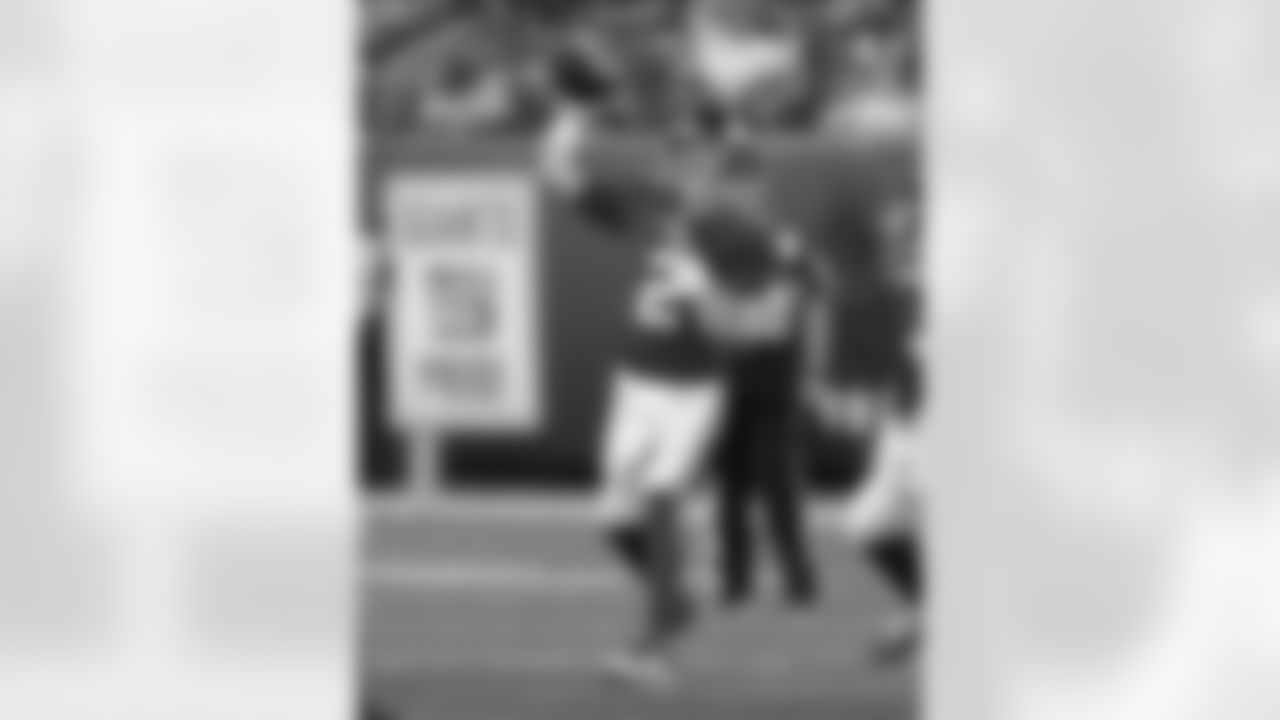
QB Mike Glennon
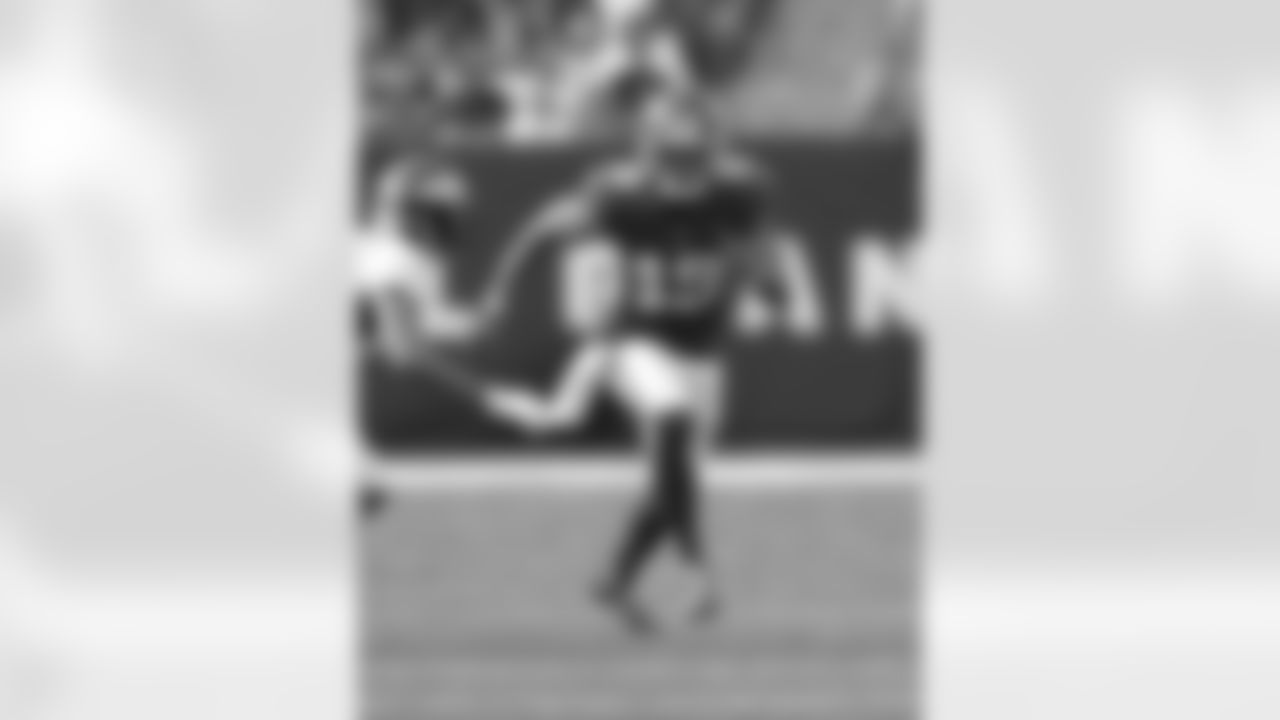
WR Kenny Golladay
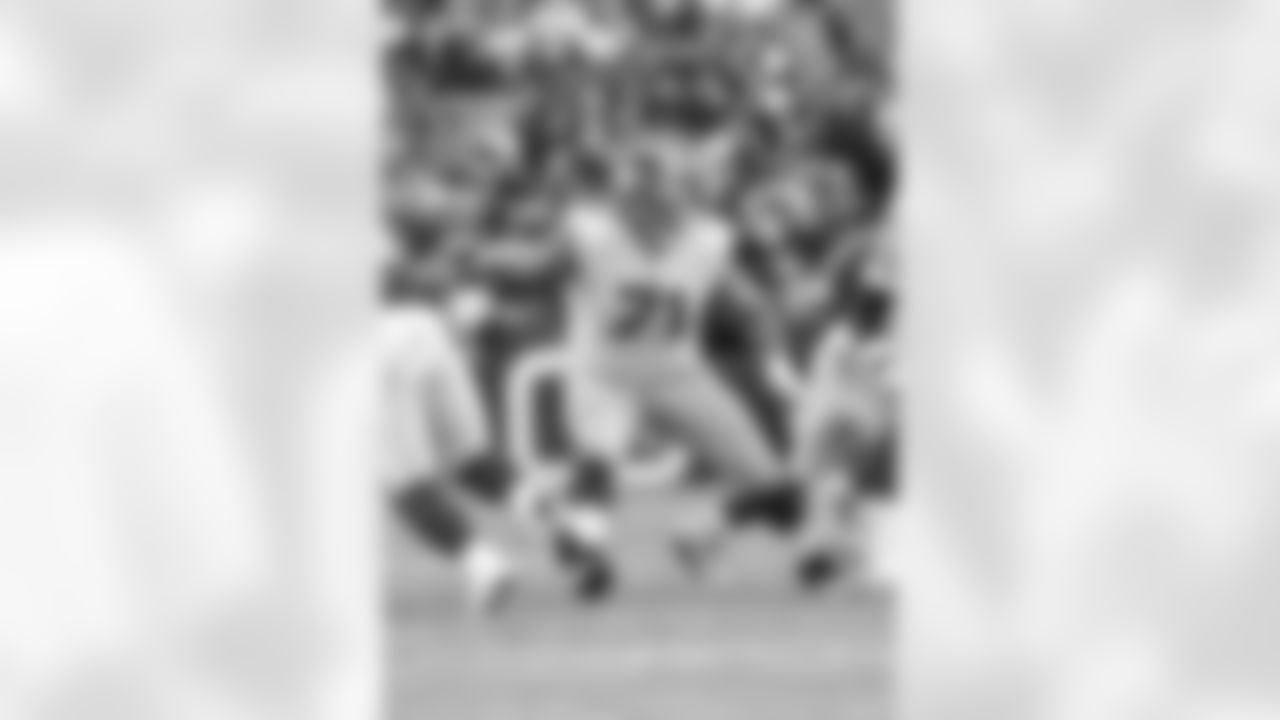
G Will Hernandez
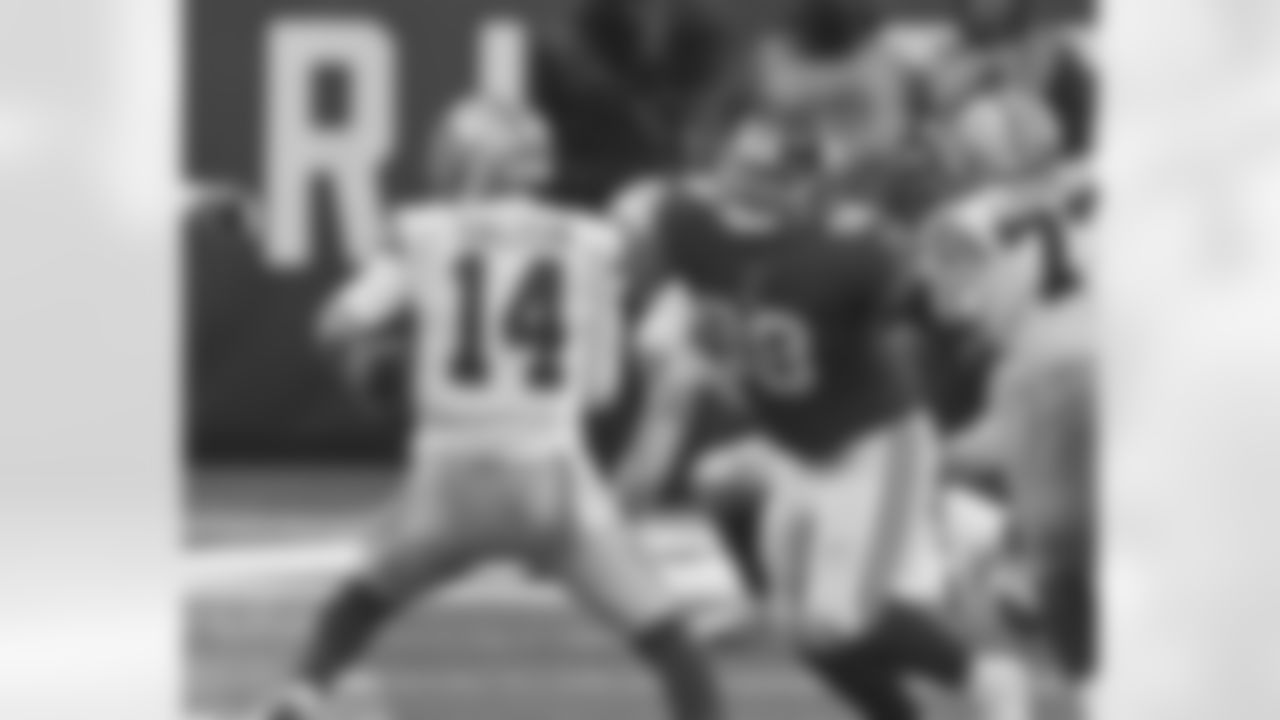
DT Austin Johnson
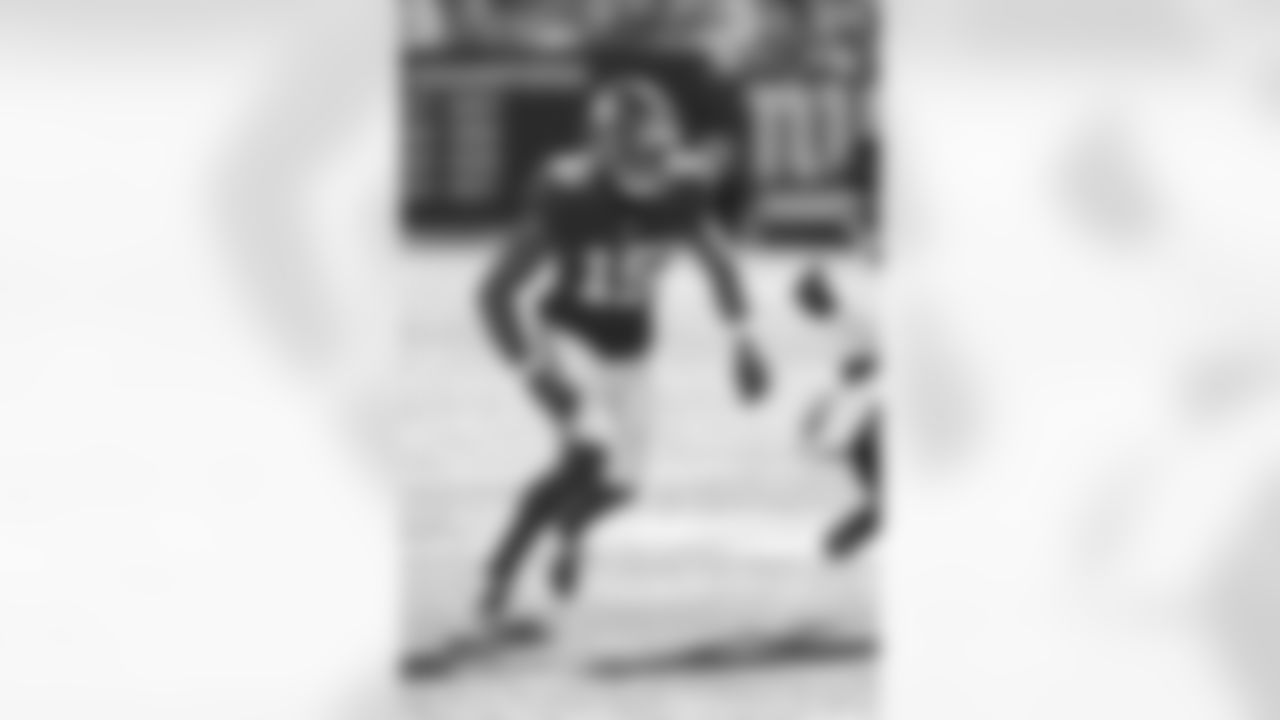
WR Collin Johnson
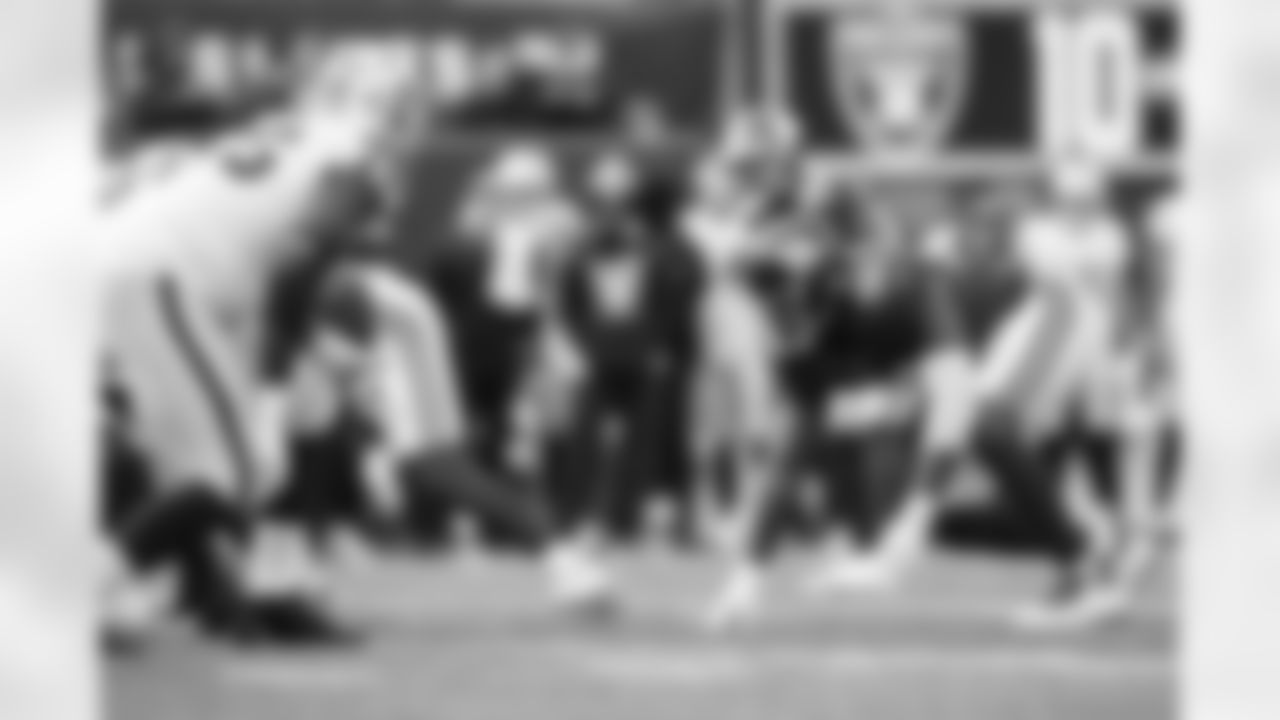
DL Raymond Johnson III
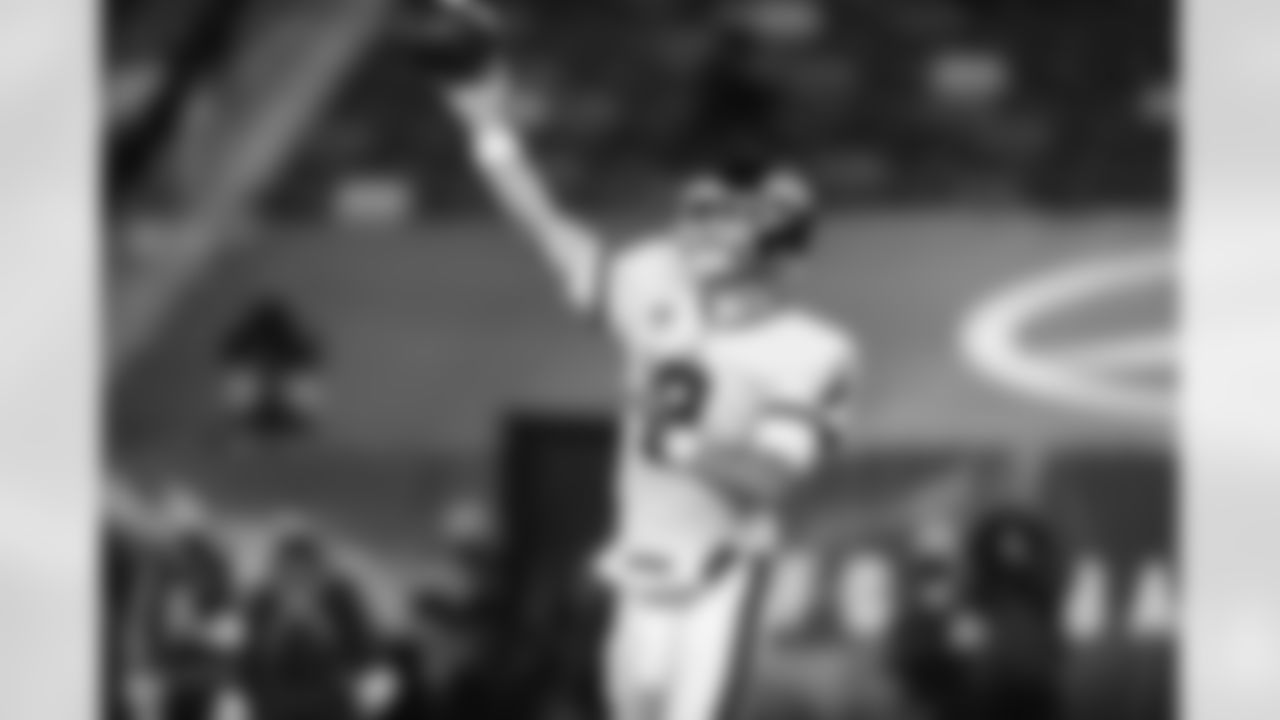
QB Daniel Jones
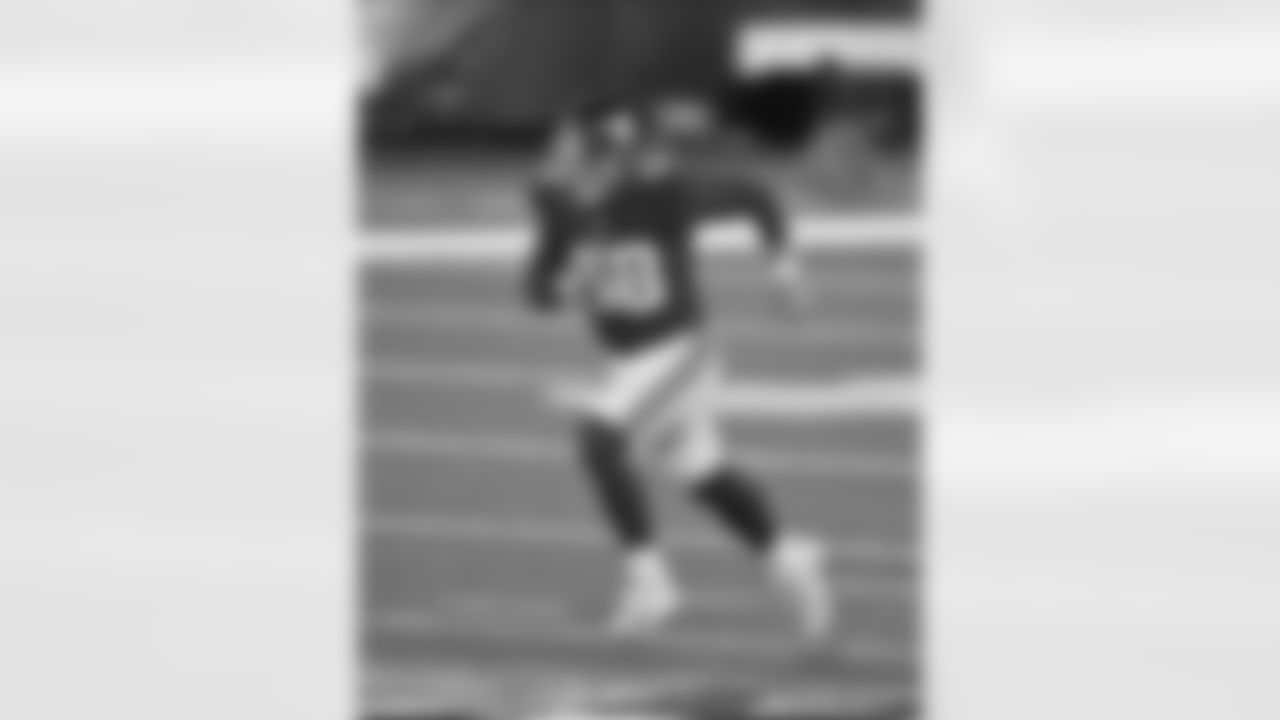
LS Casey Kreiter
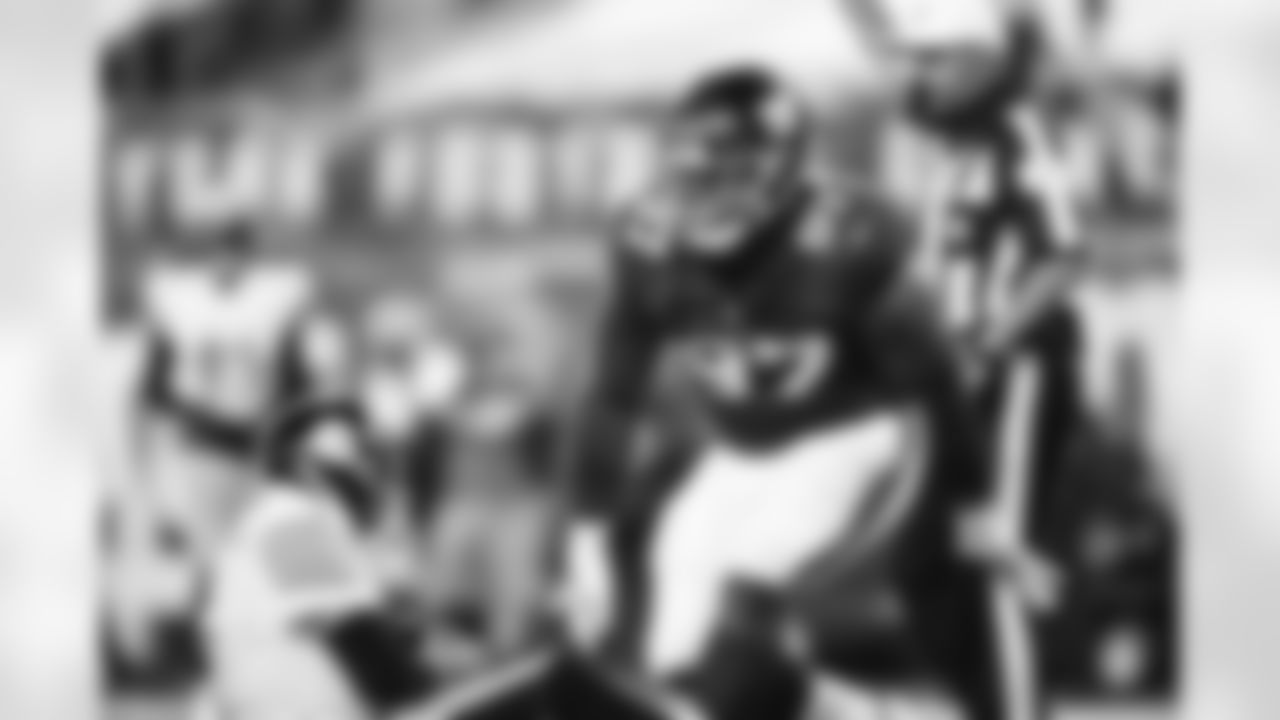
DL Dexter Lawrence
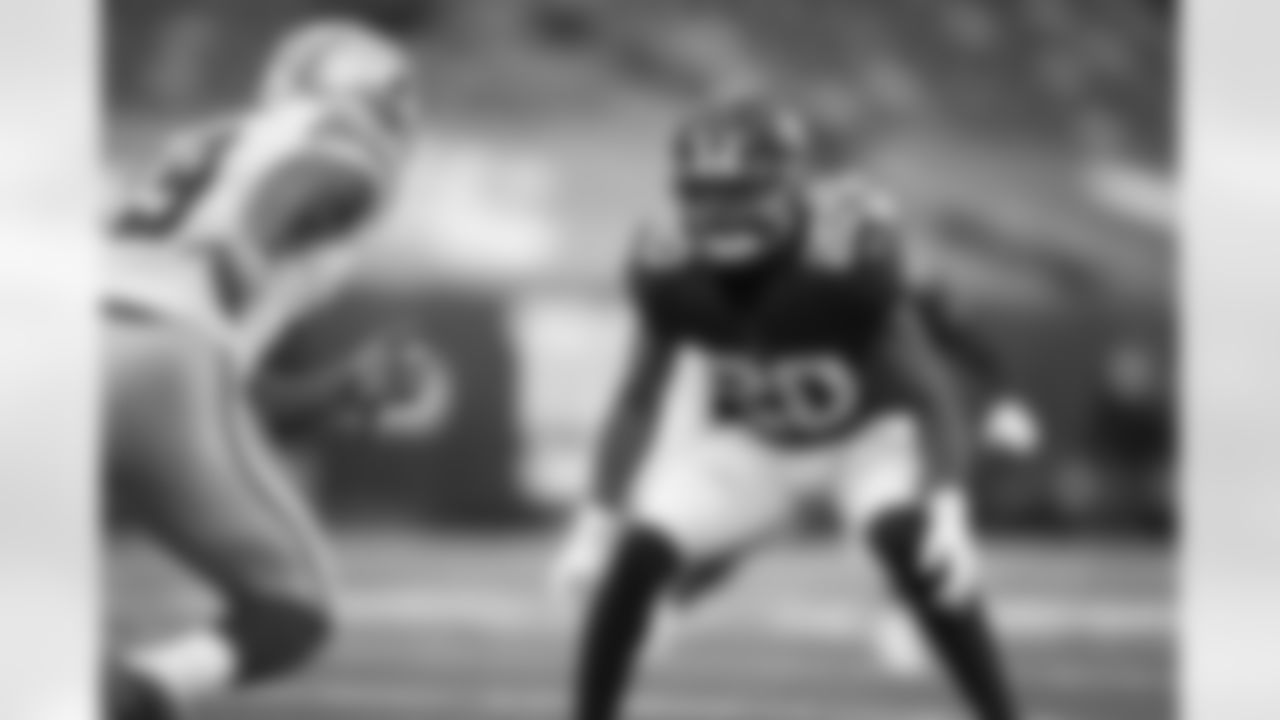
DB Julian Love
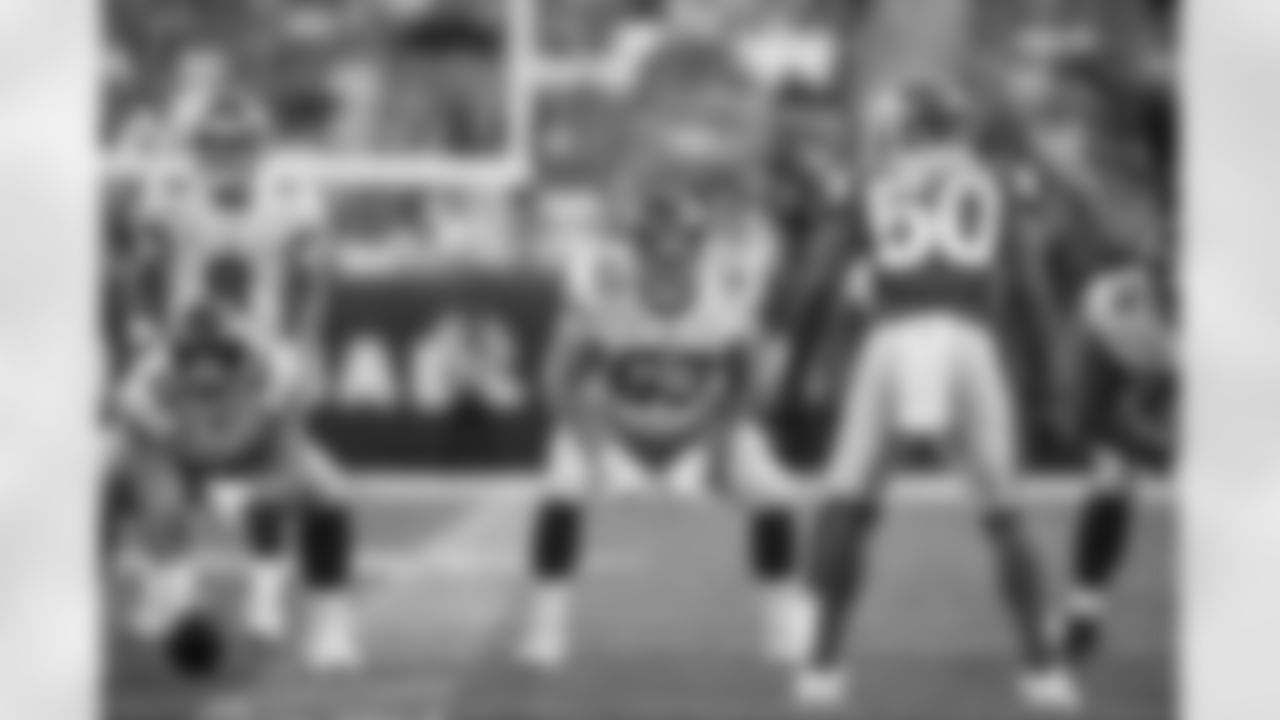
G Wes Martin
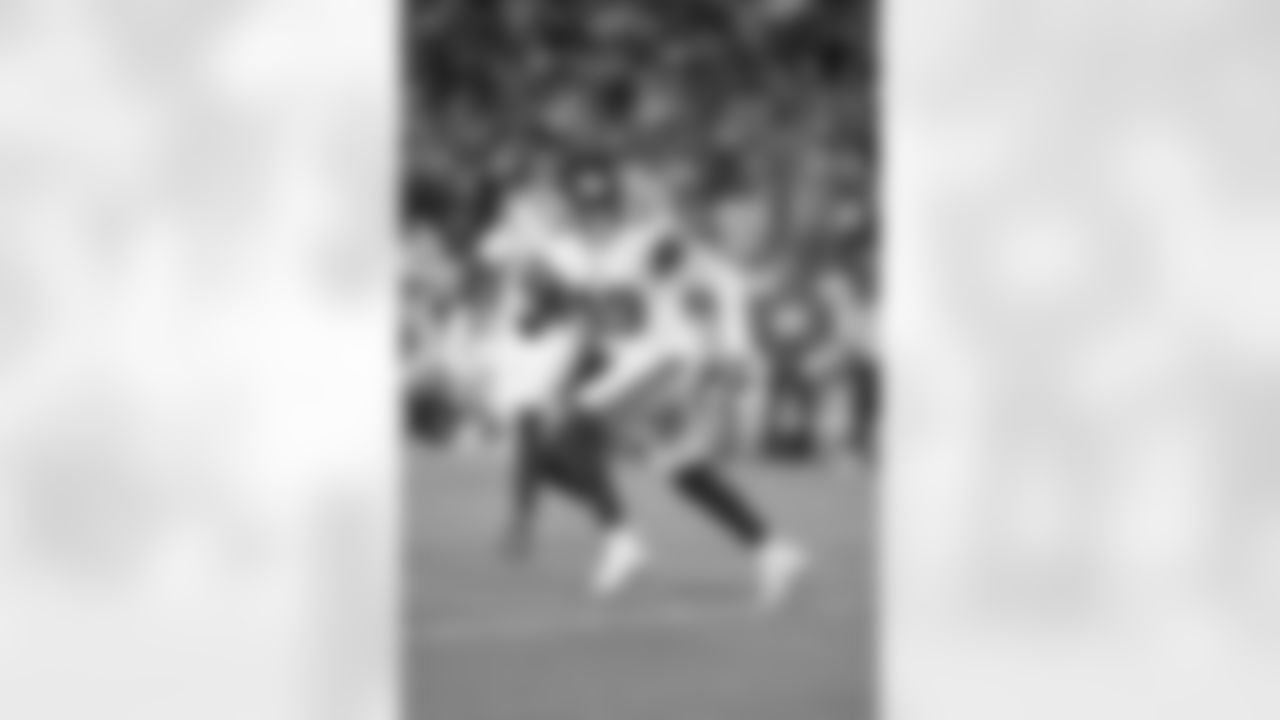
LB Benardrick McKinney
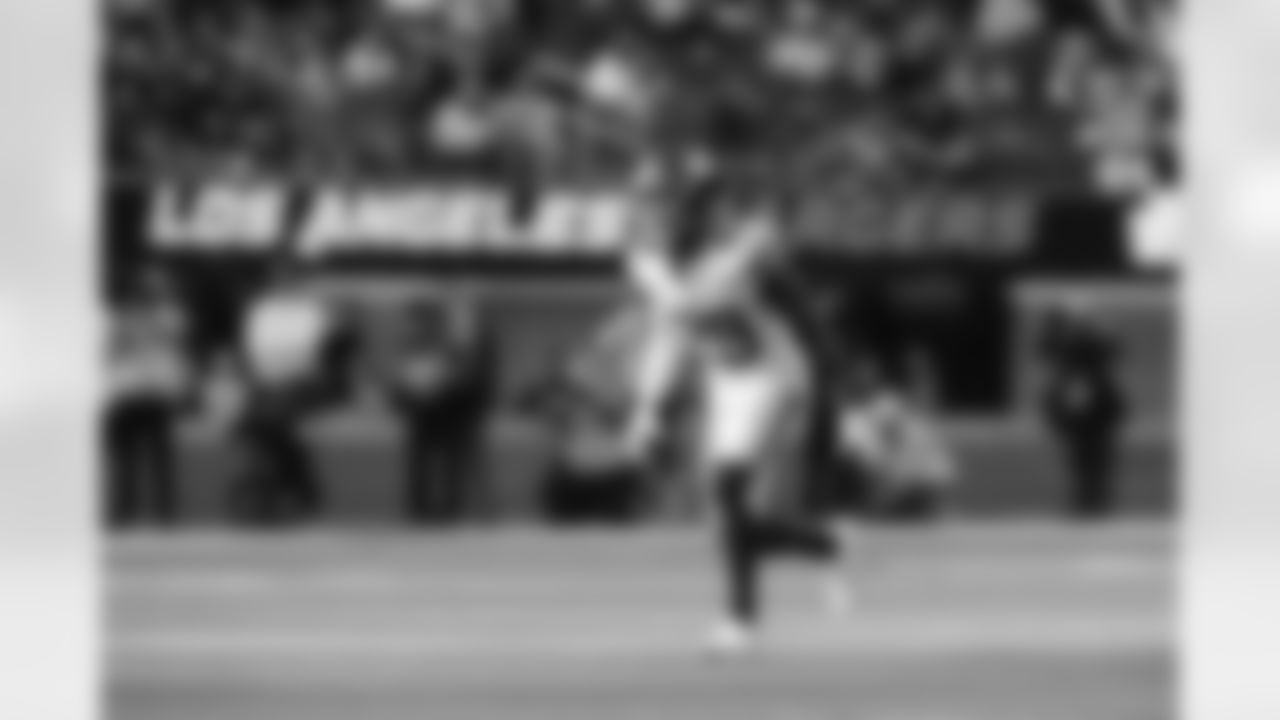
S Xavier McKinney
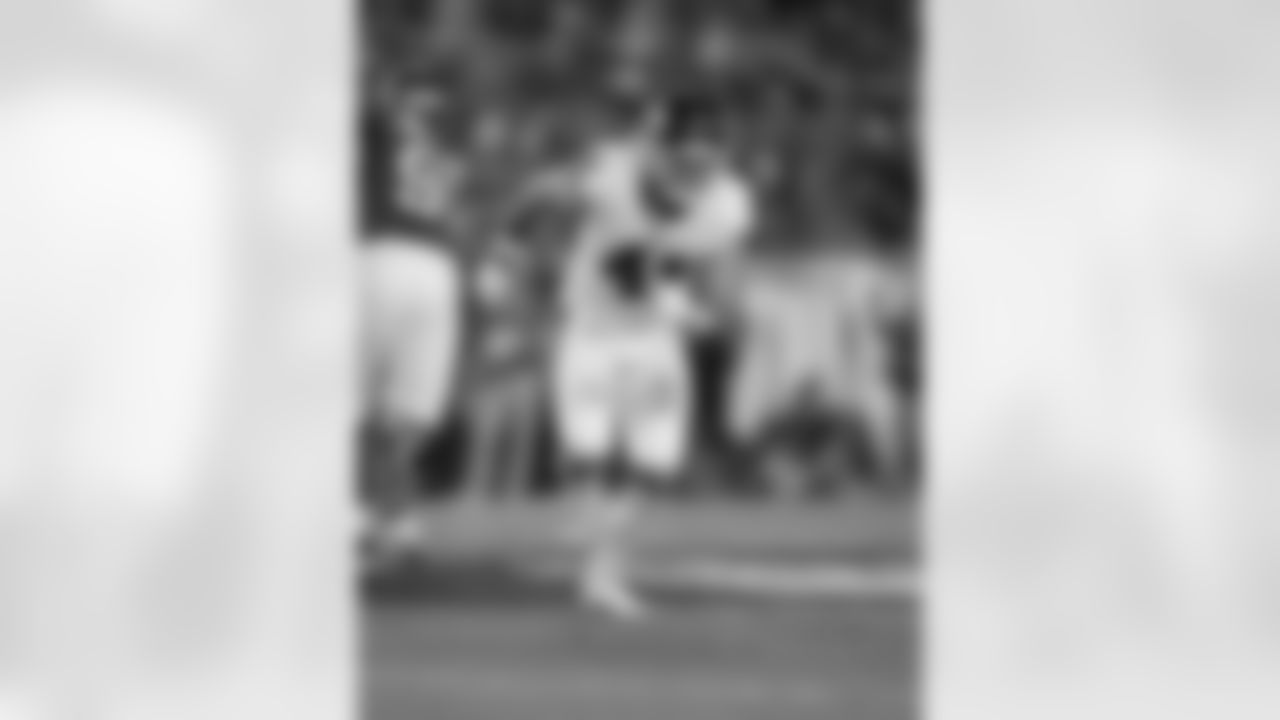
TE Chris Myarick
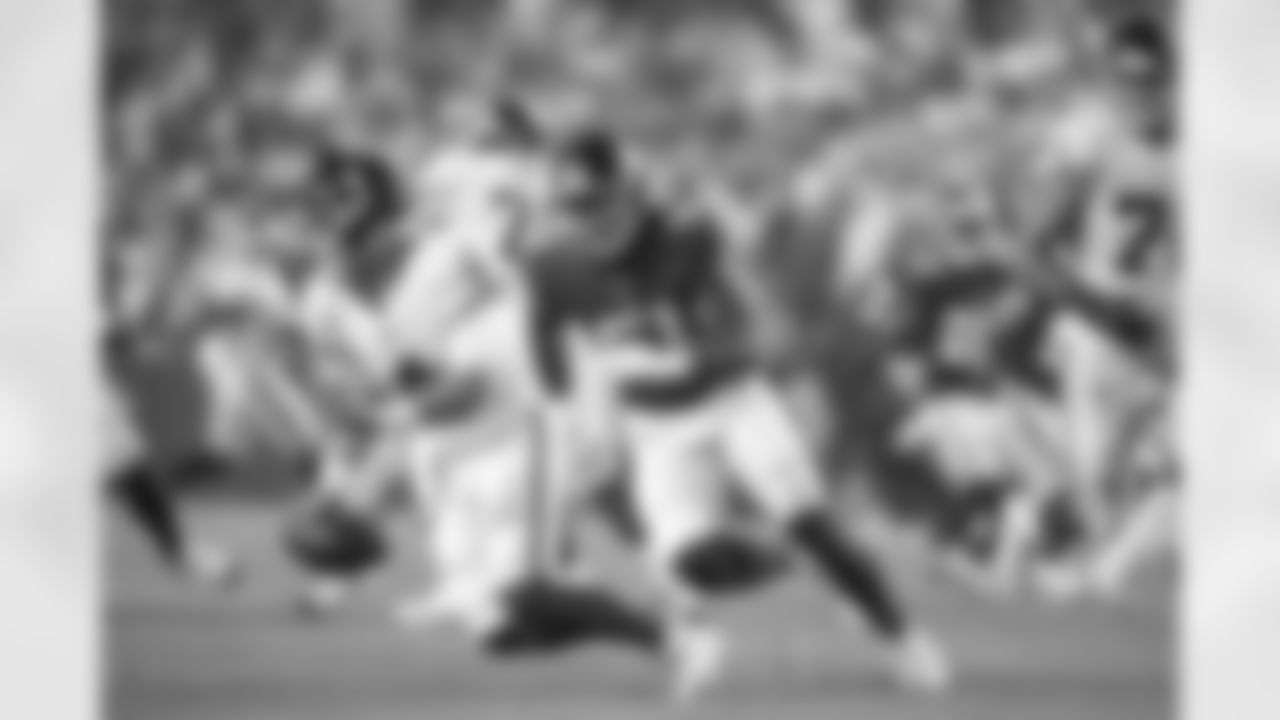
LB Azeez Ojulari
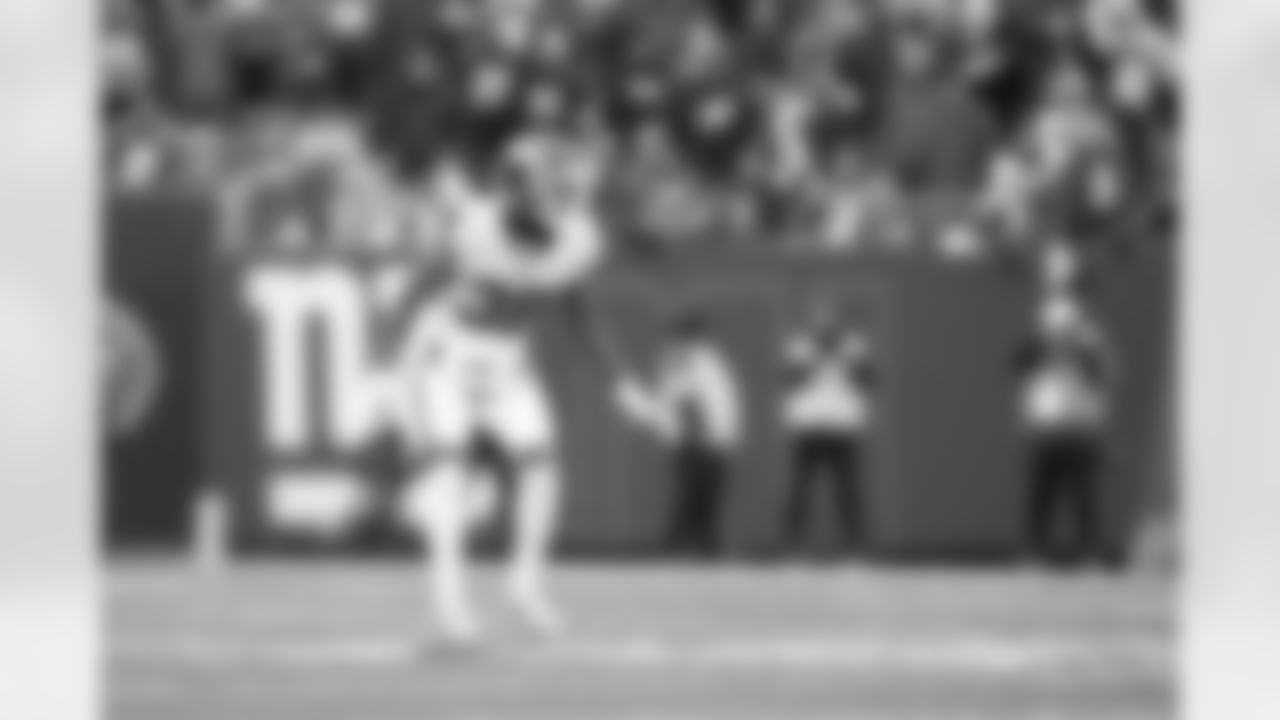
DB Steven Parker
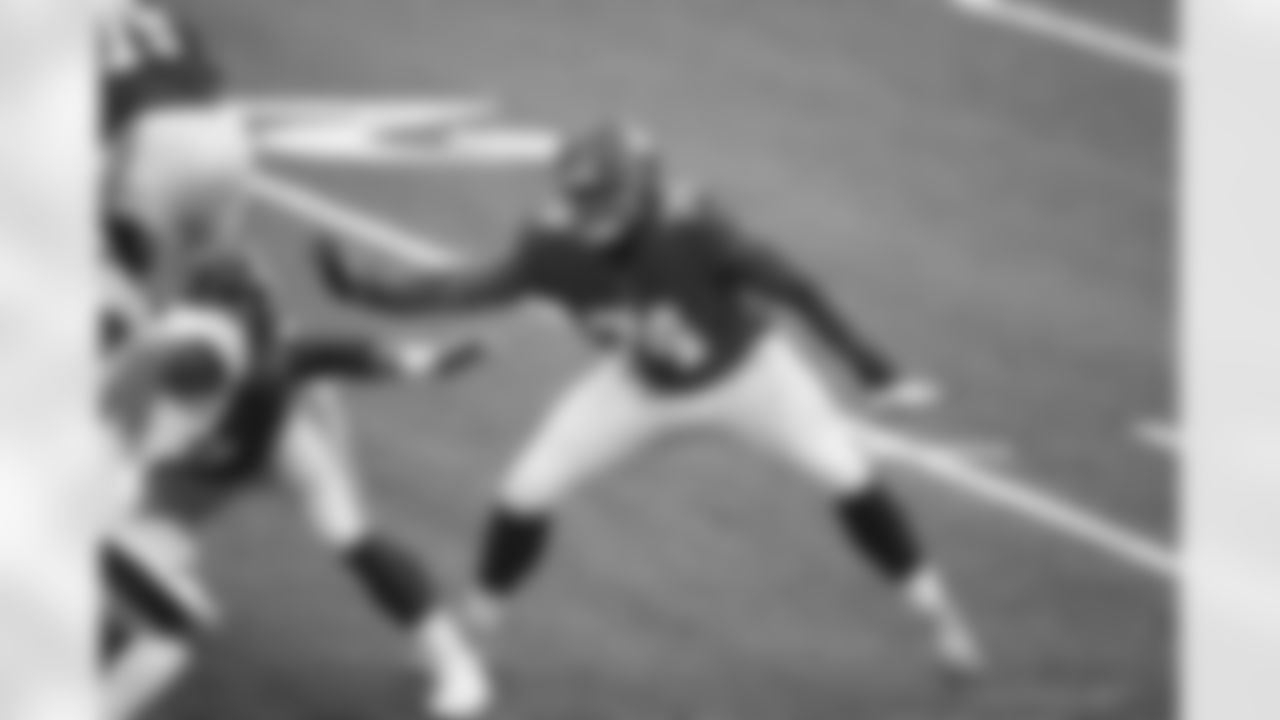
OT Matt Peart
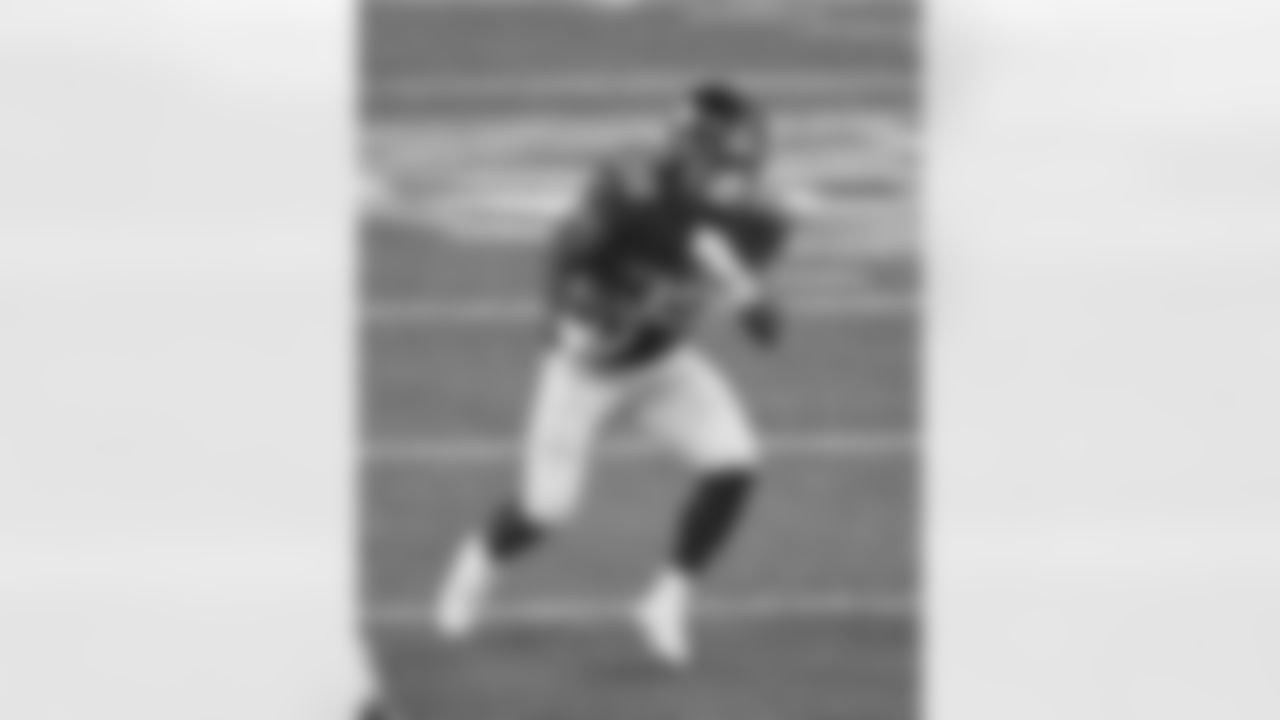
FB Elijhaa Penny
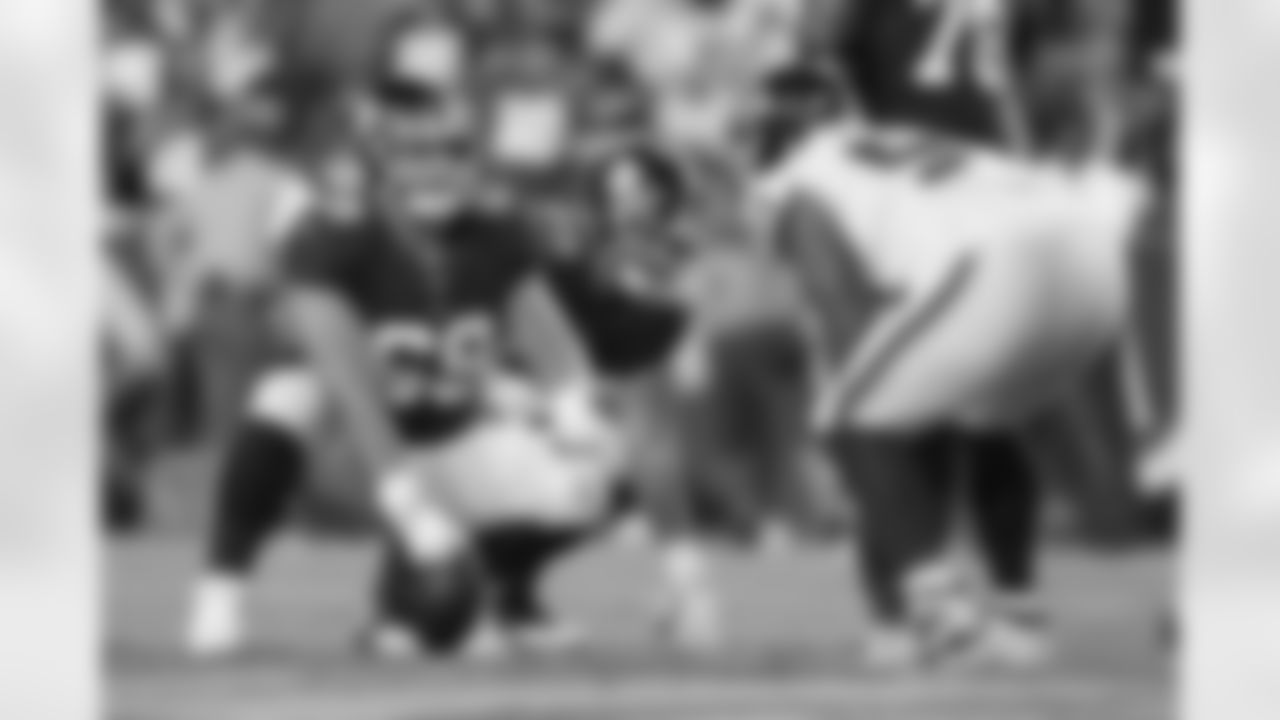
C Billy Price
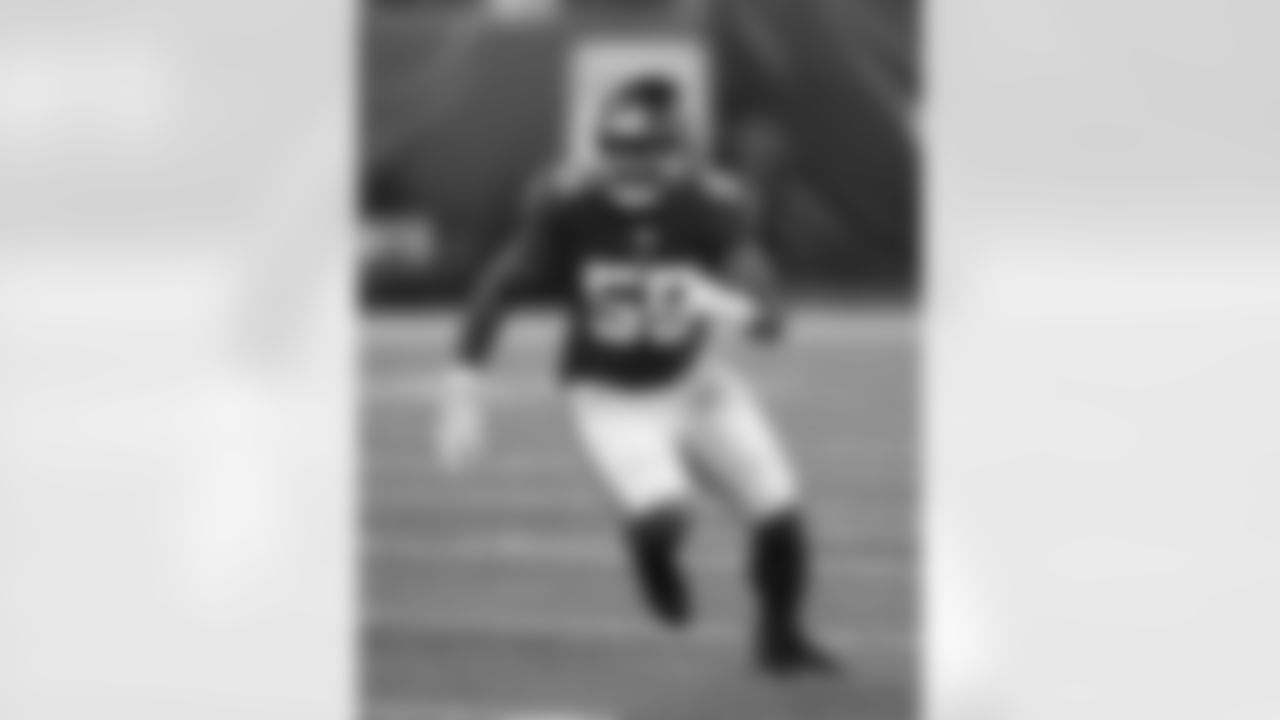
LB Reggie Ragland
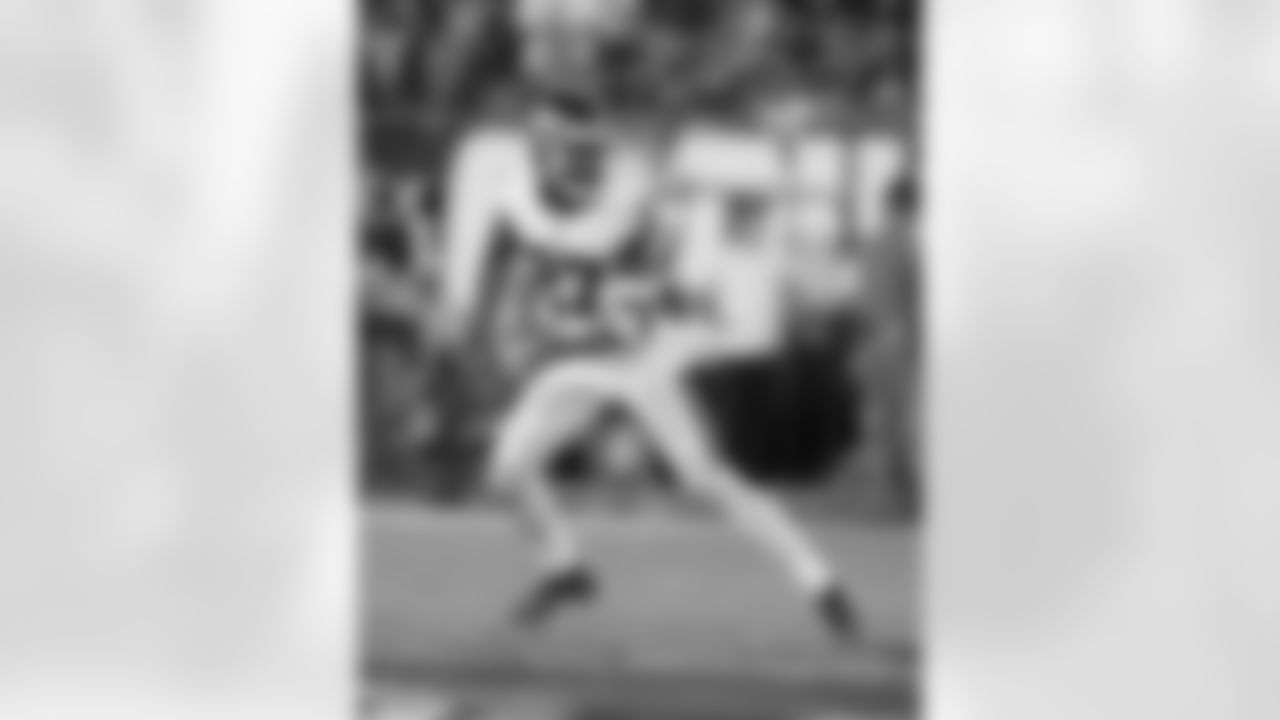
DB J.R. Reed
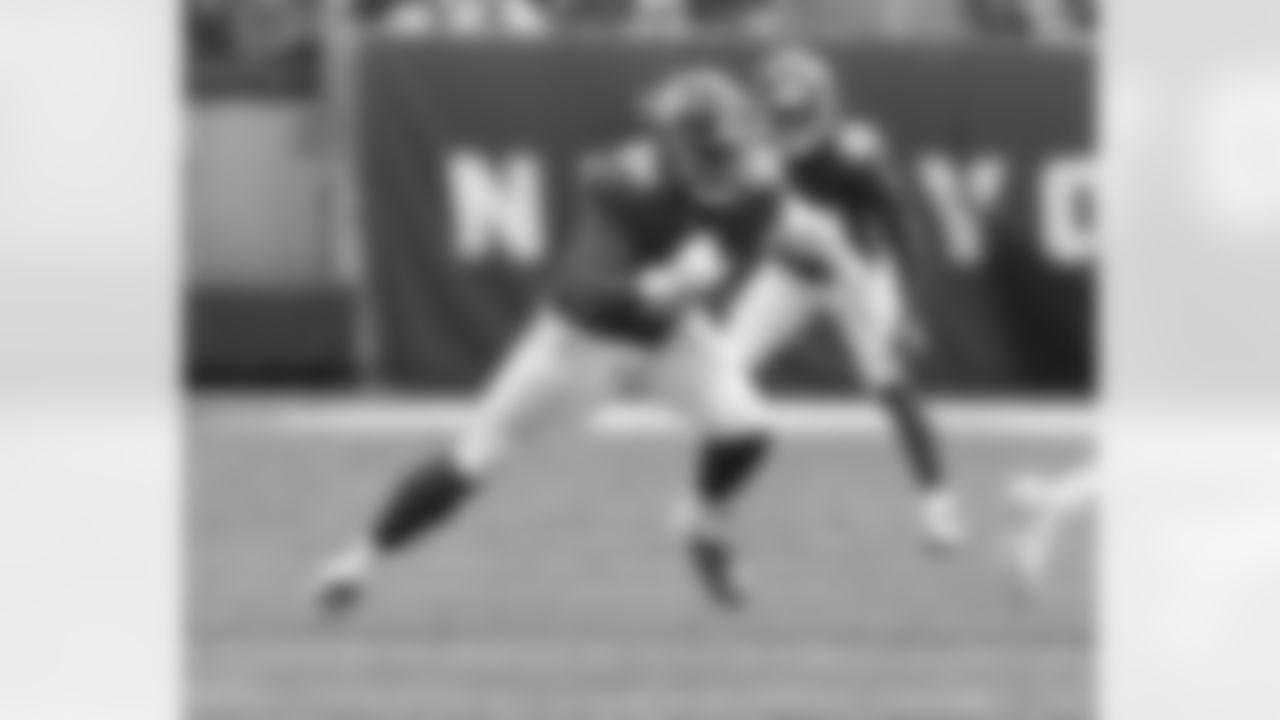
LB Quincy Roche
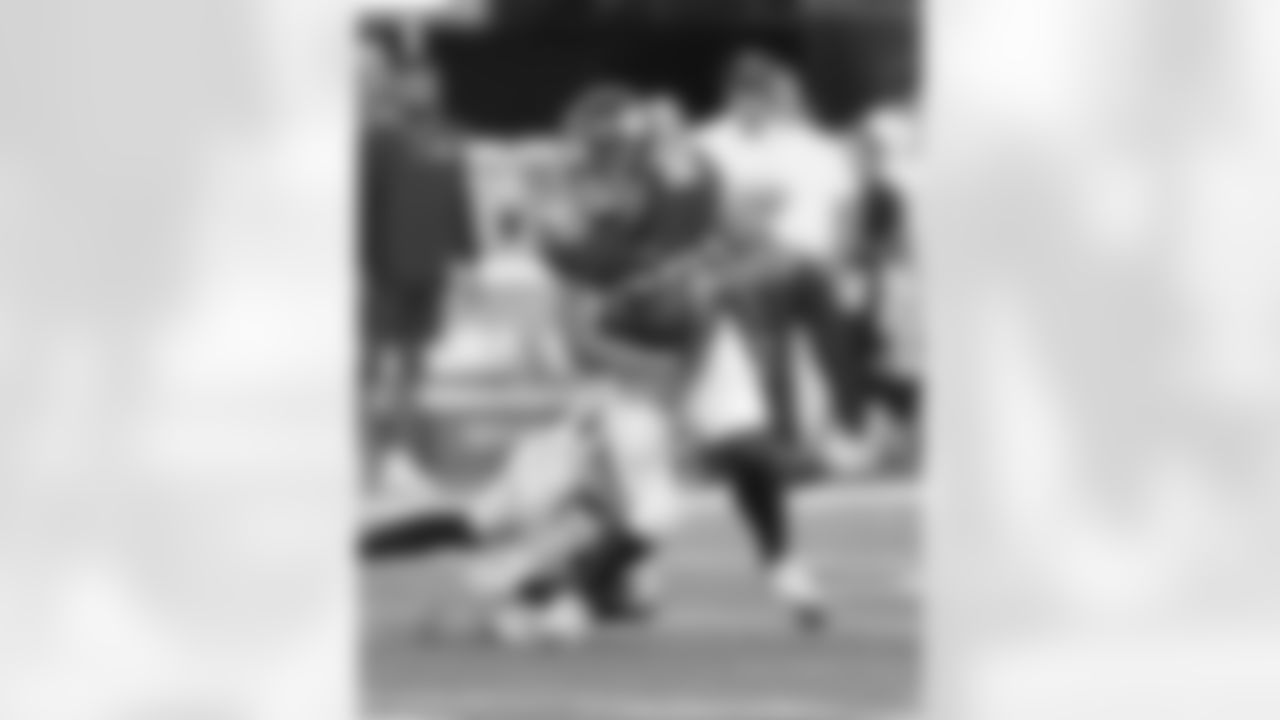
TE Kyle Rudolph
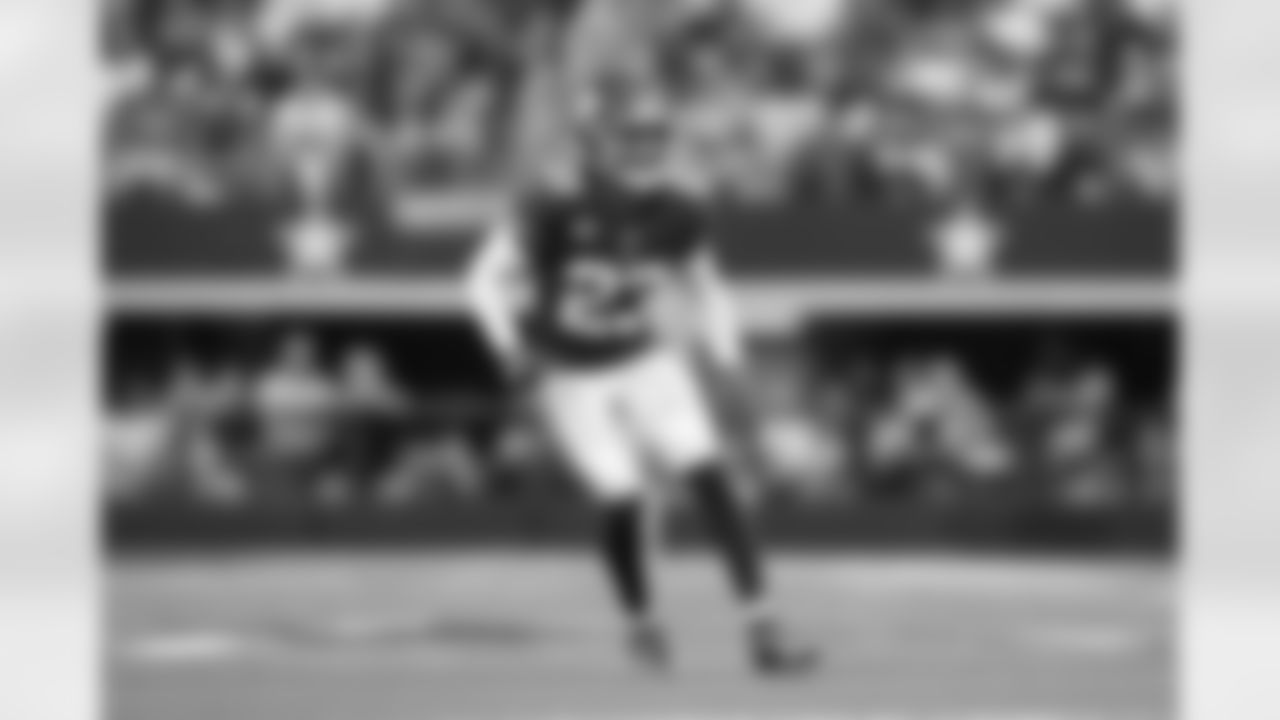
DB Logan Ryan
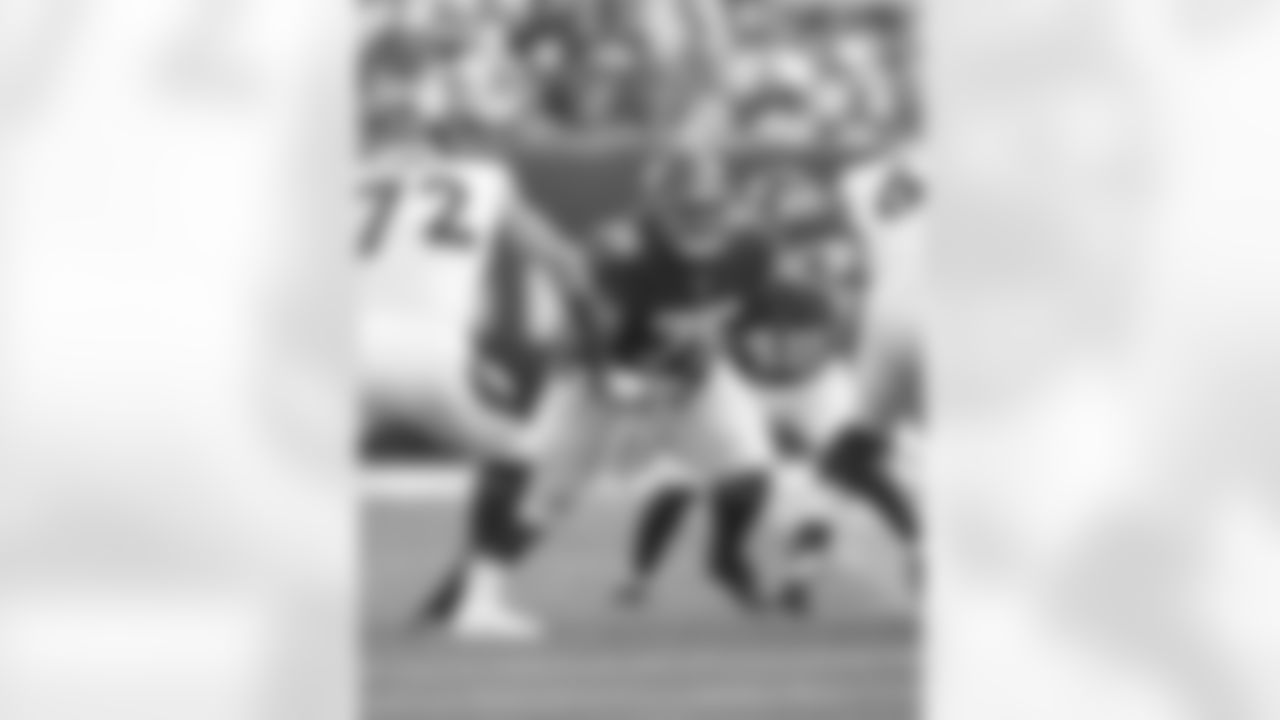
DT Danny Shelton
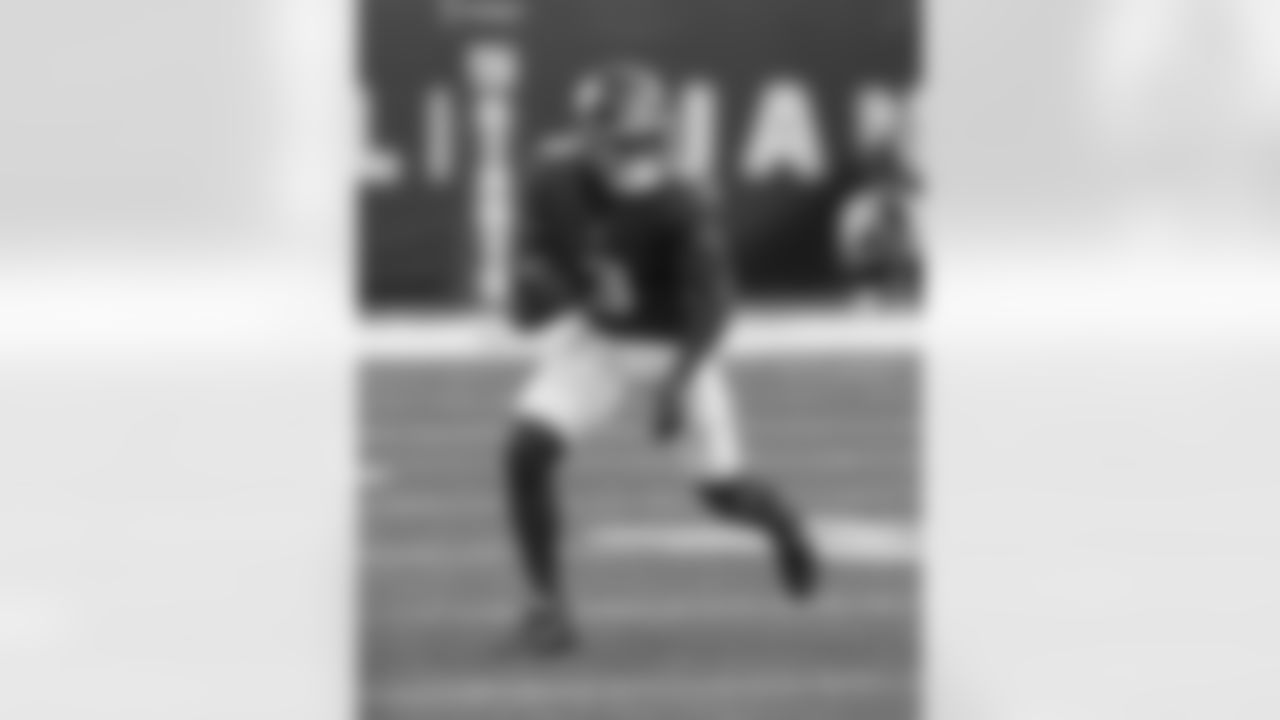
WR Sterling Shepard
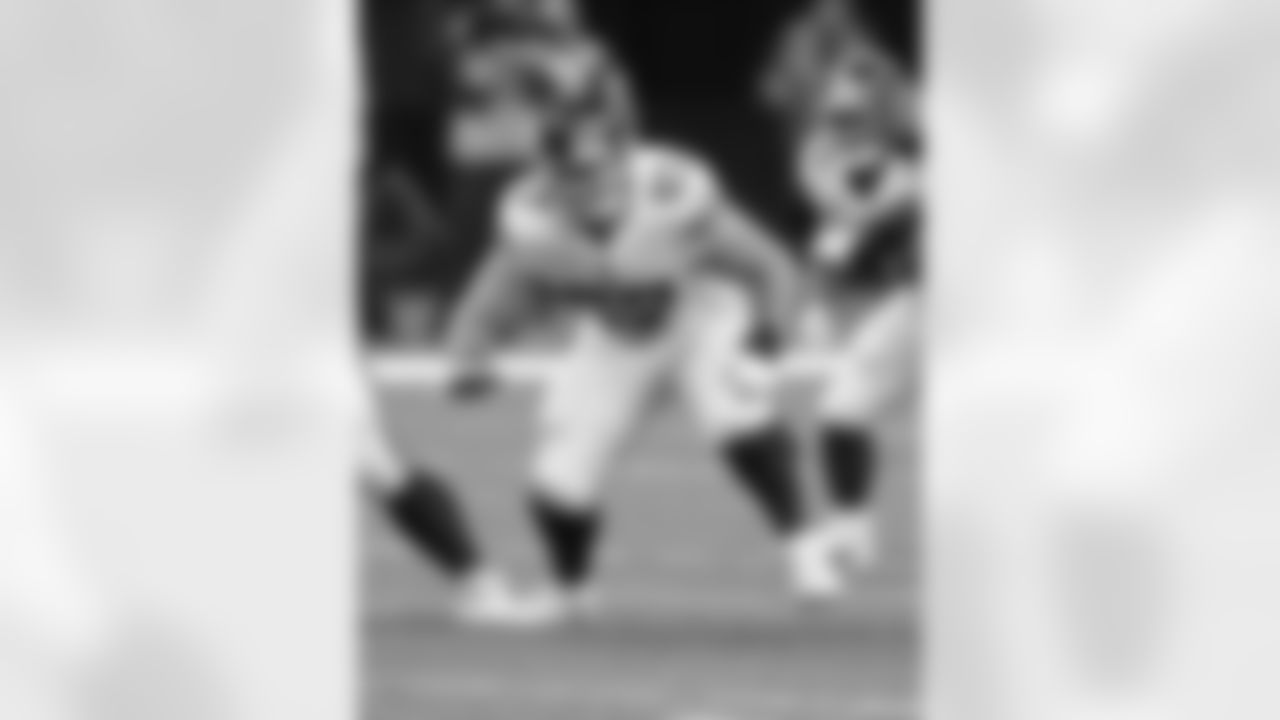
OL Matt Skura
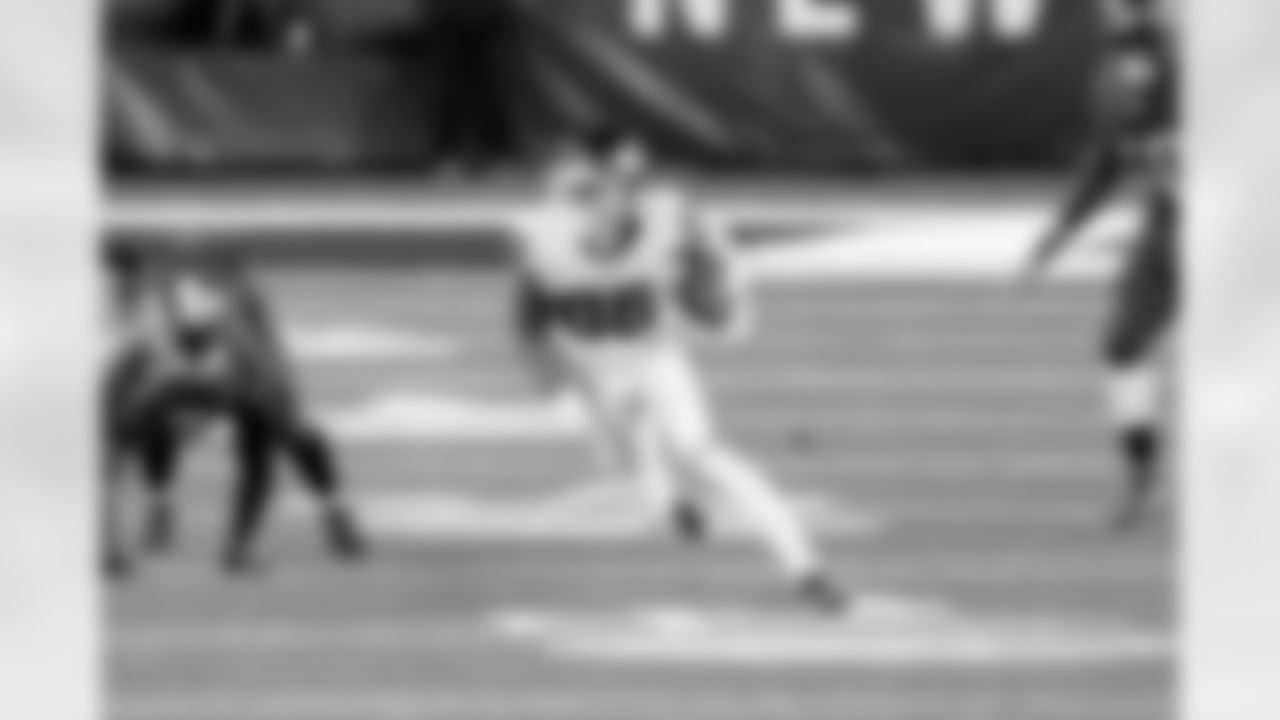
WR Darius Slayton
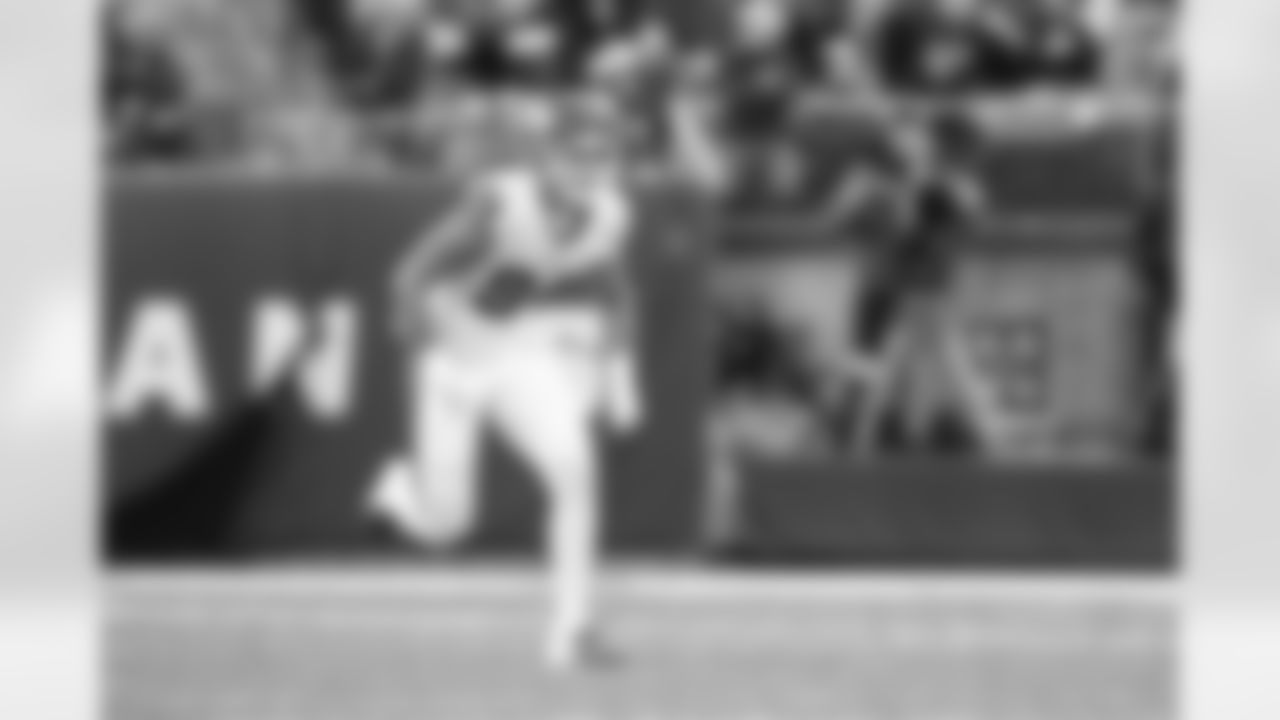
LB Elerson G. Smith
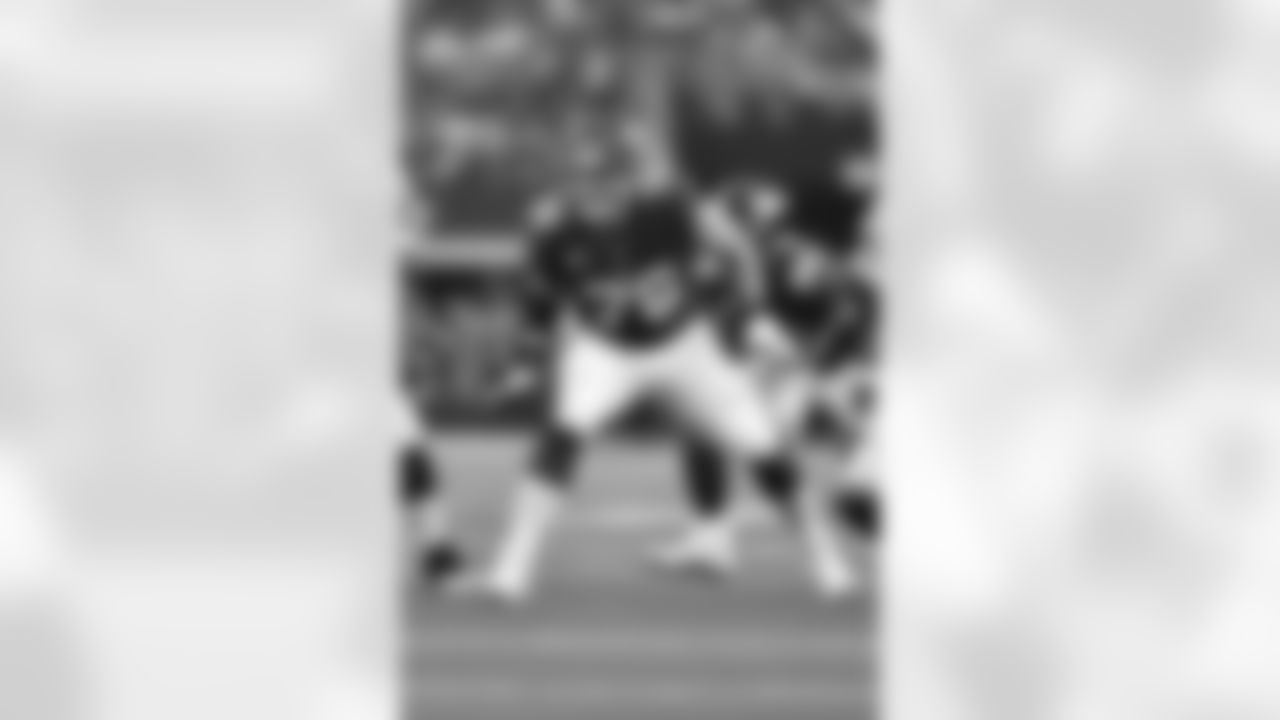
OT Nate Solder
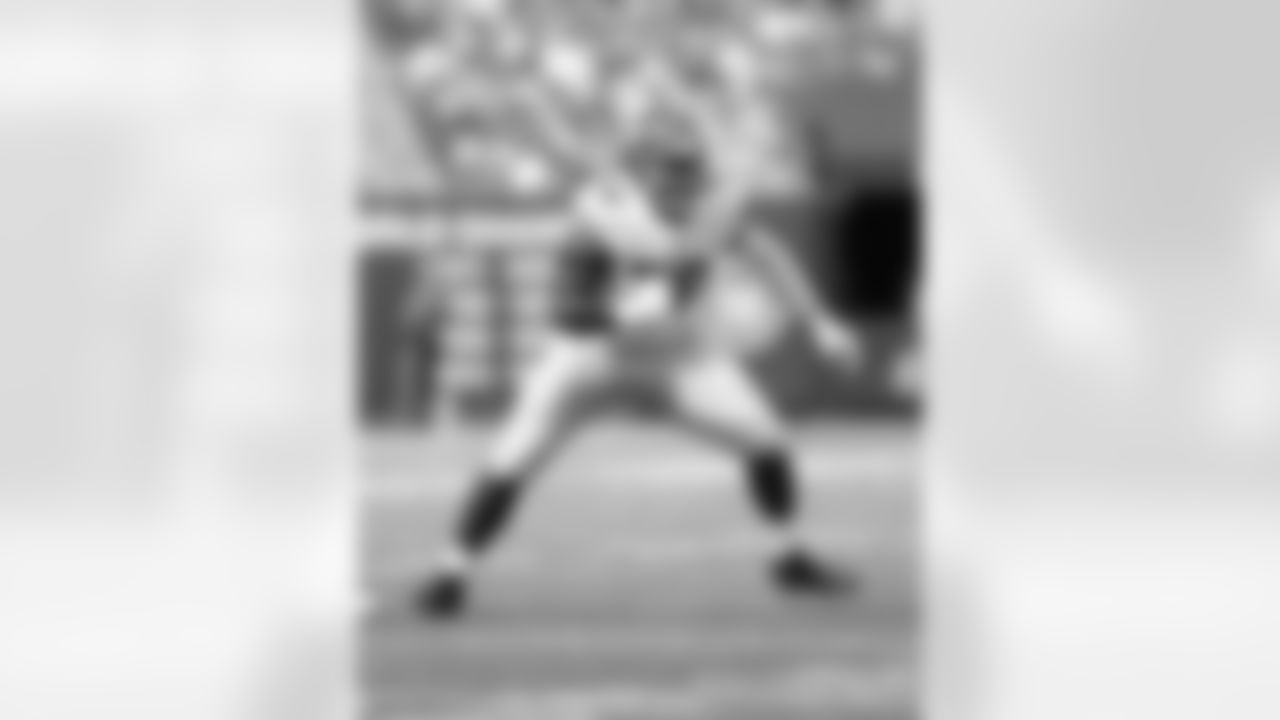
OT Andrew Thomas
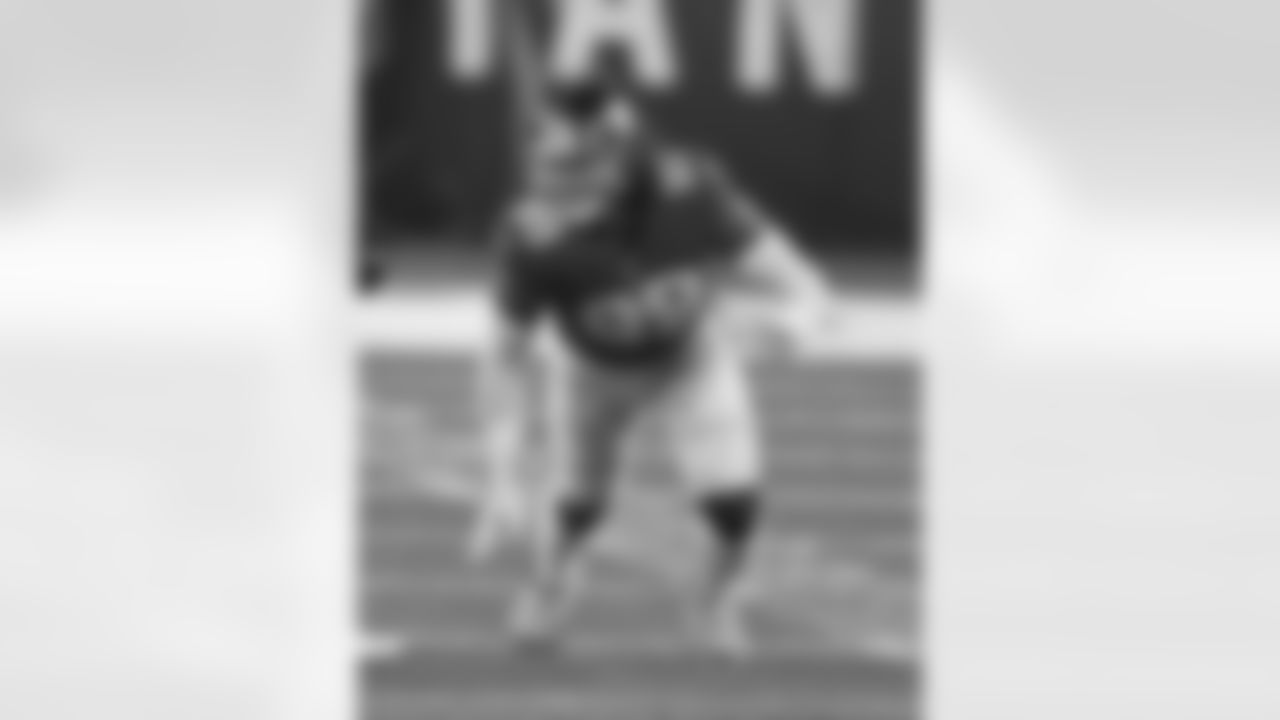
DT Leonard Williams











